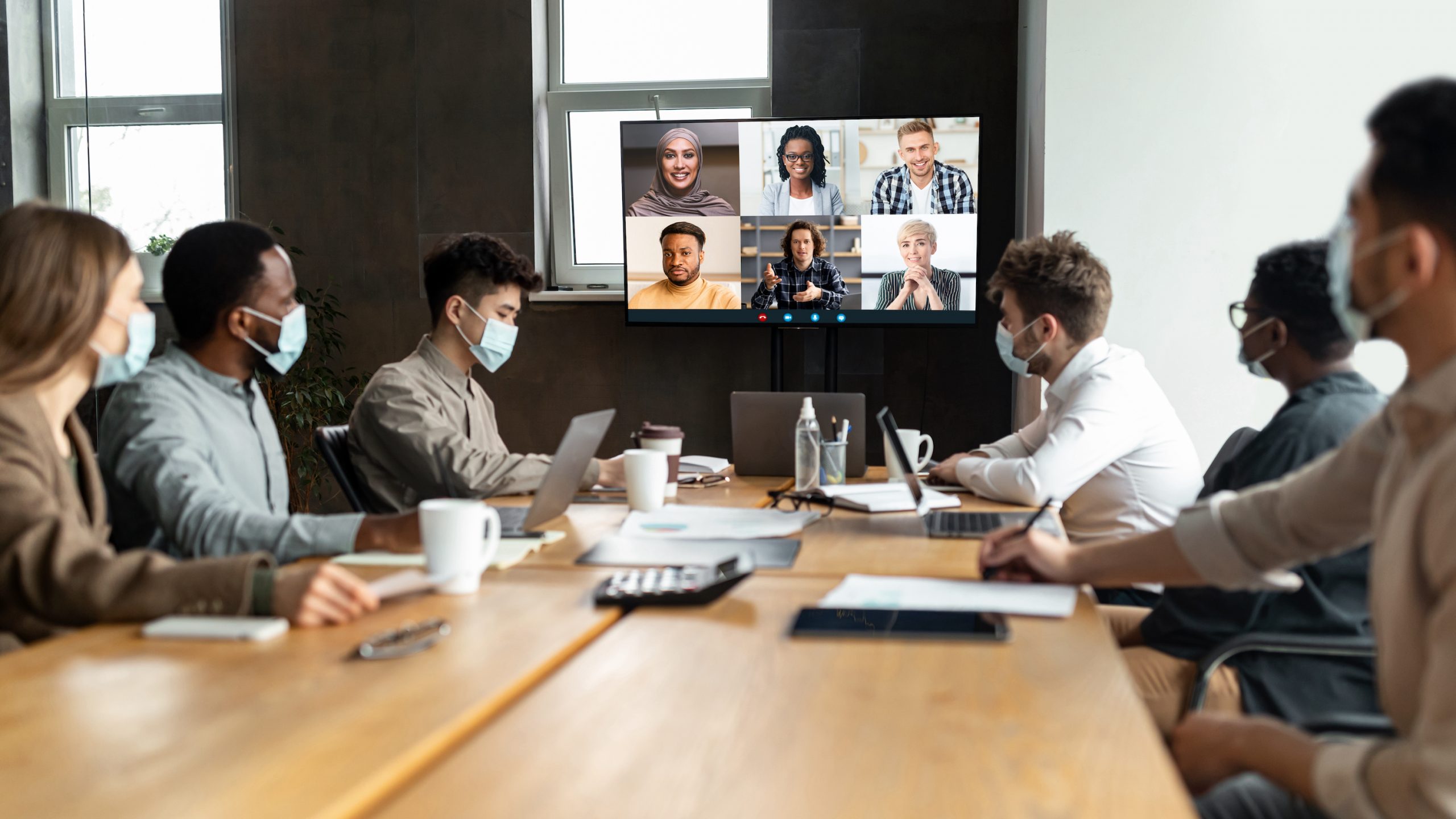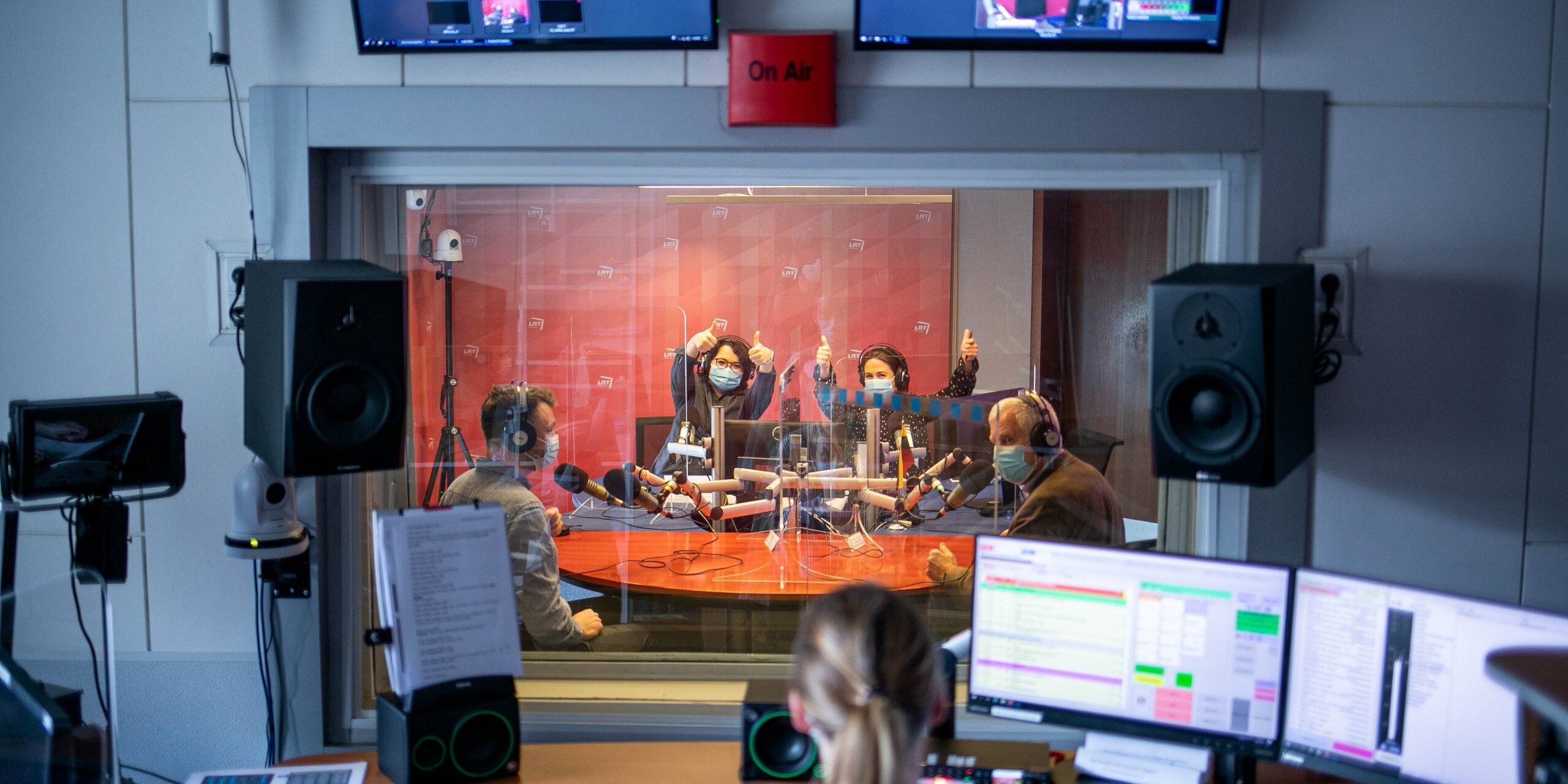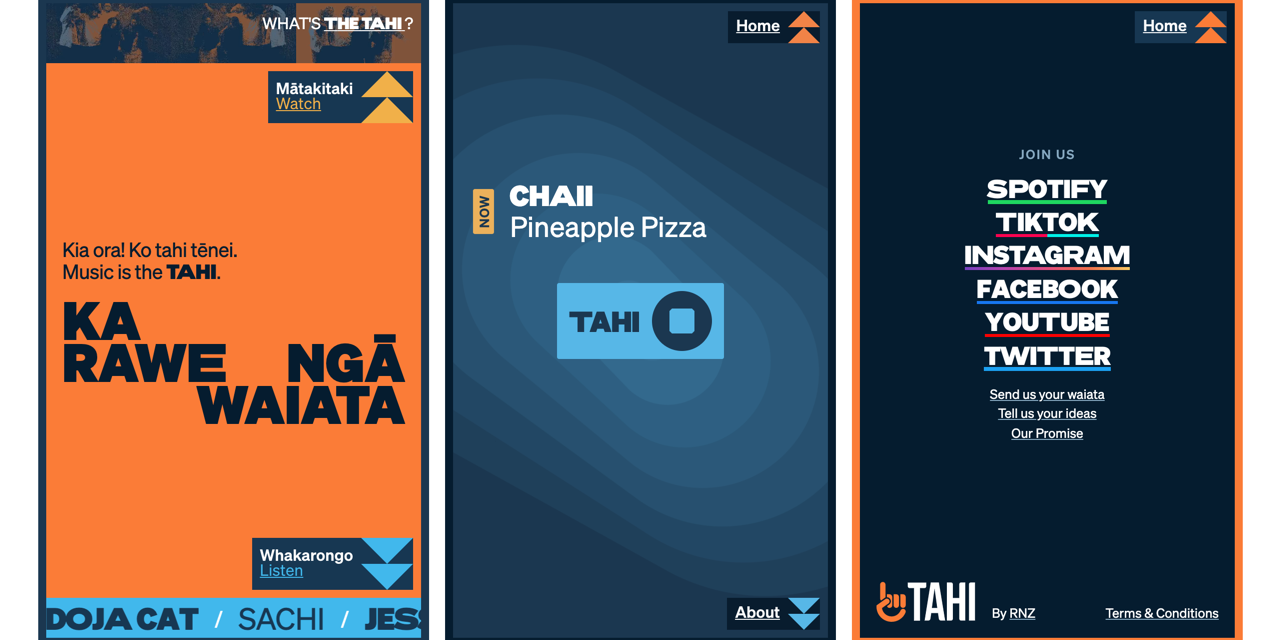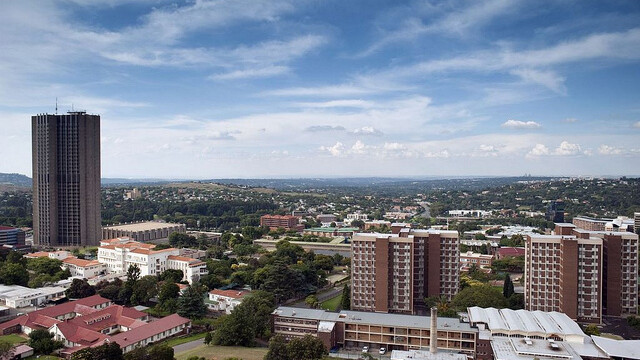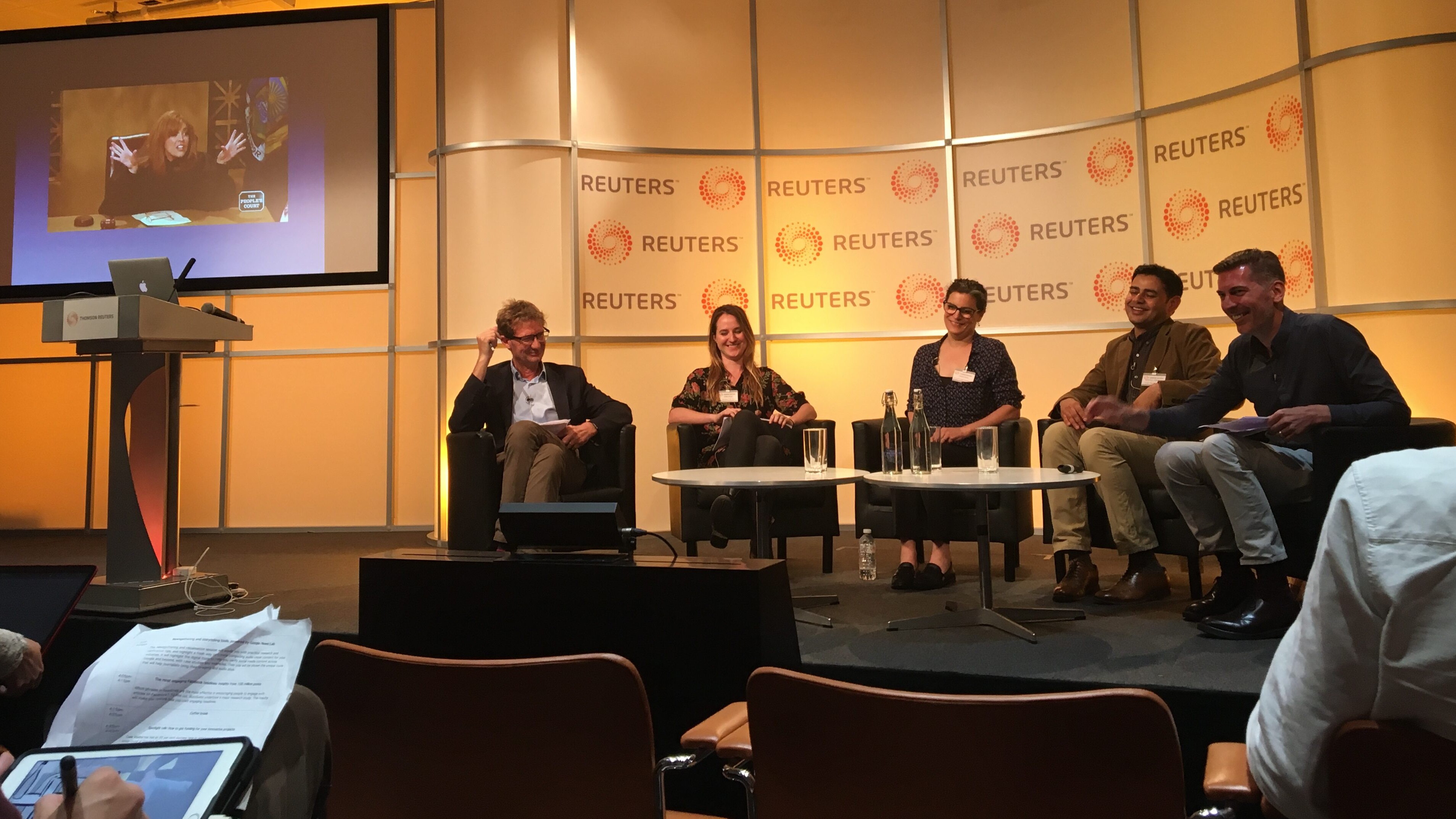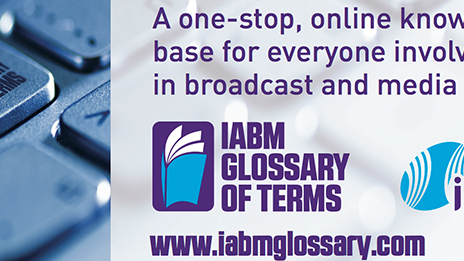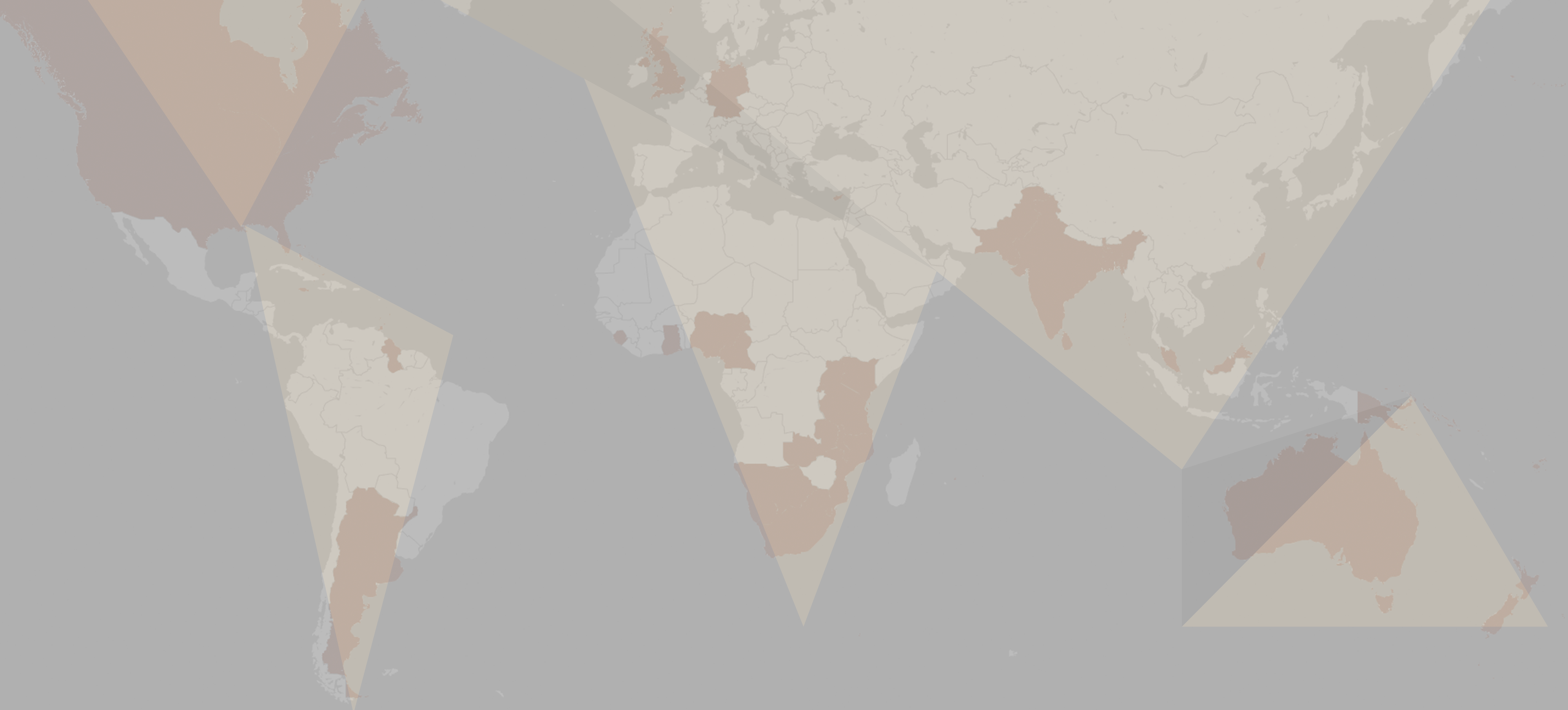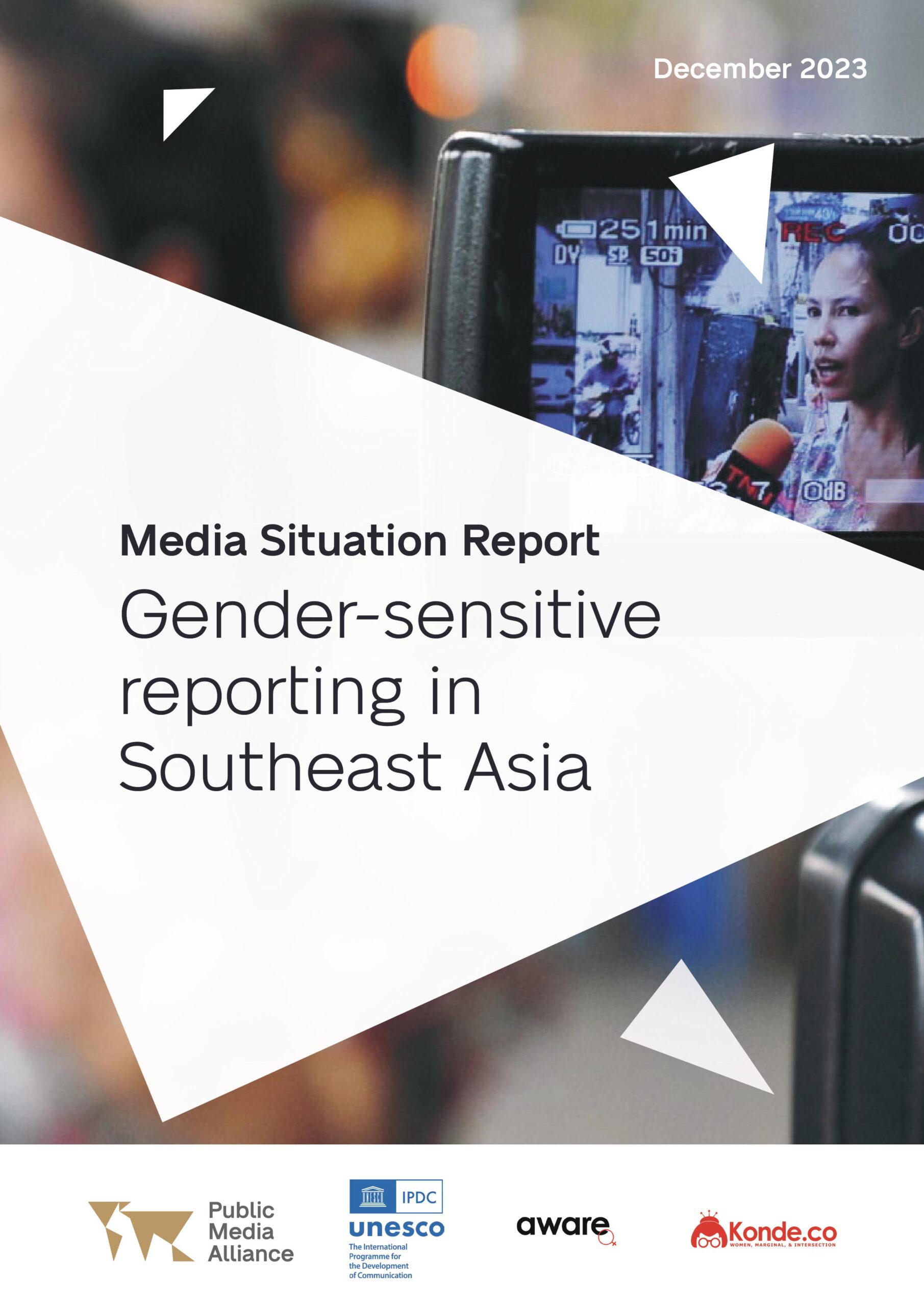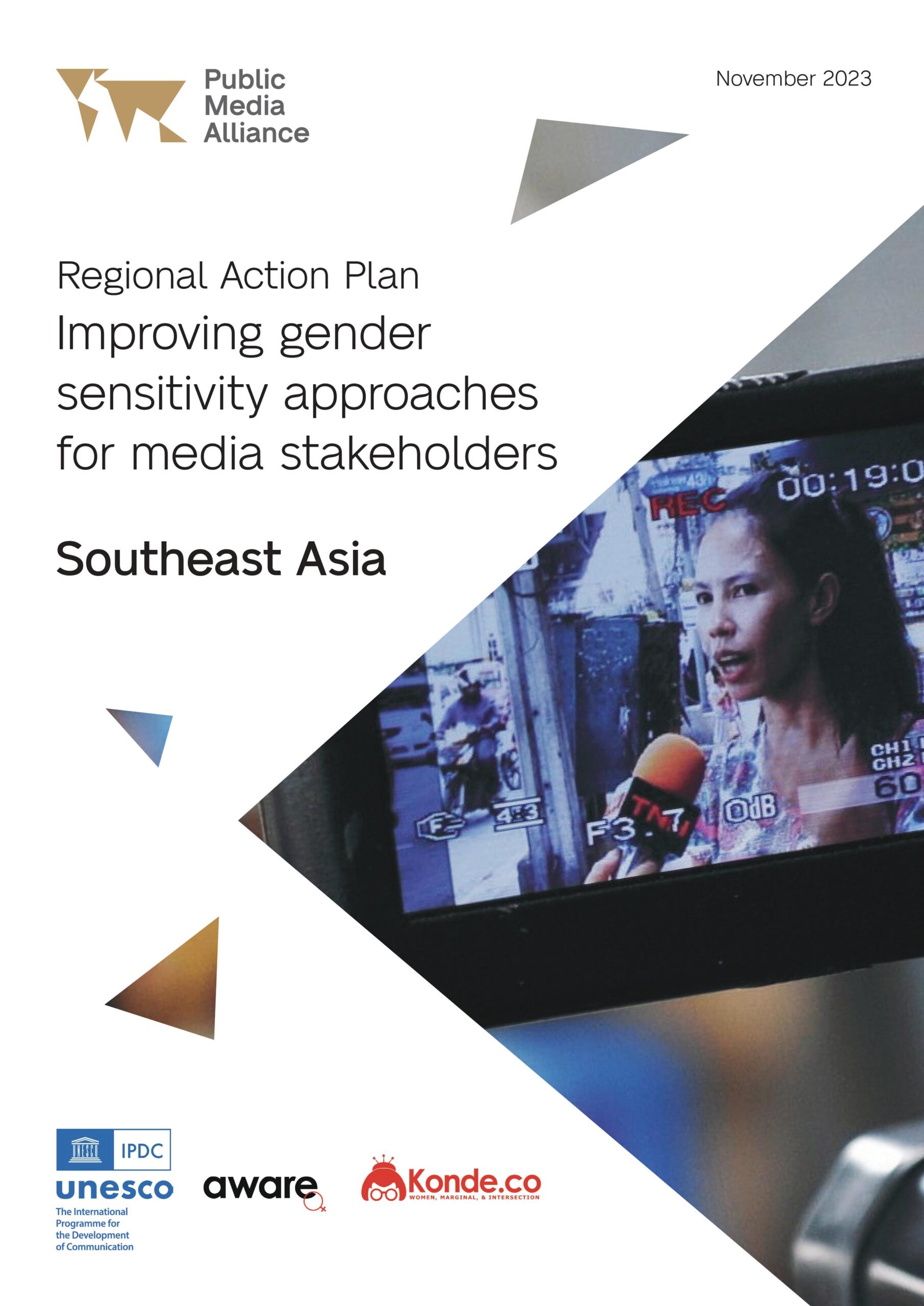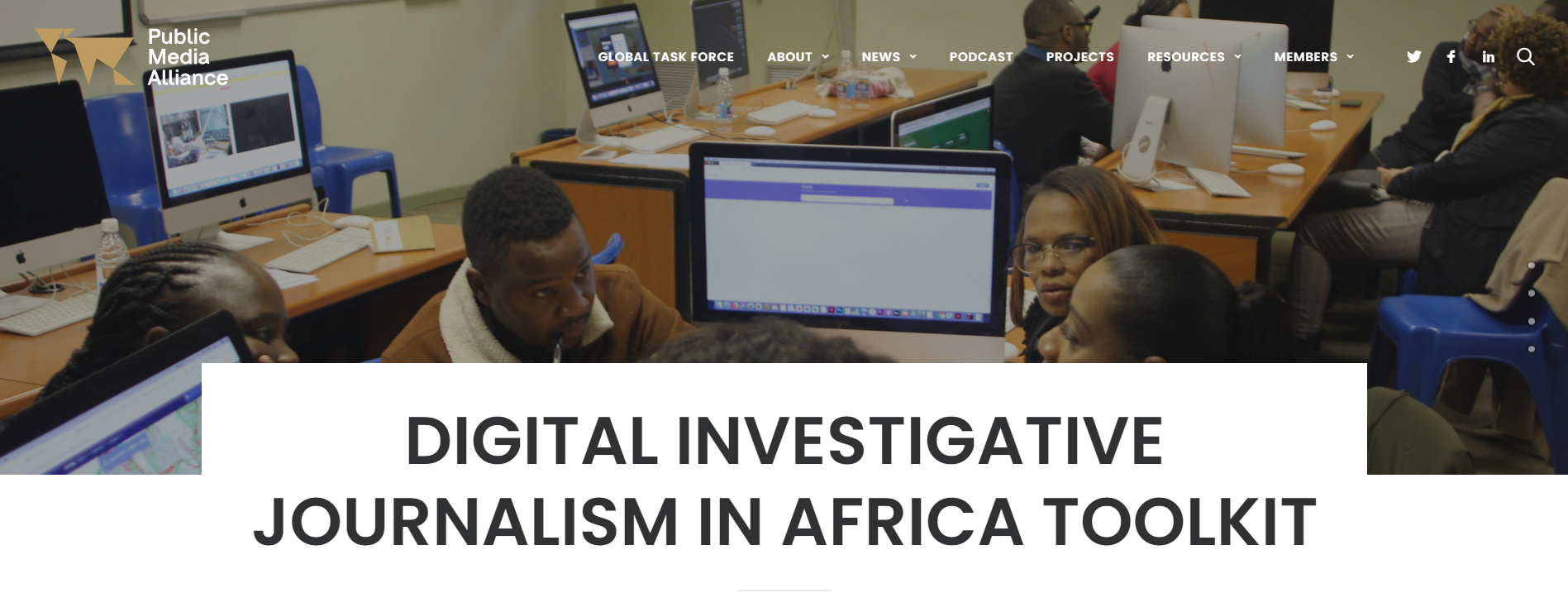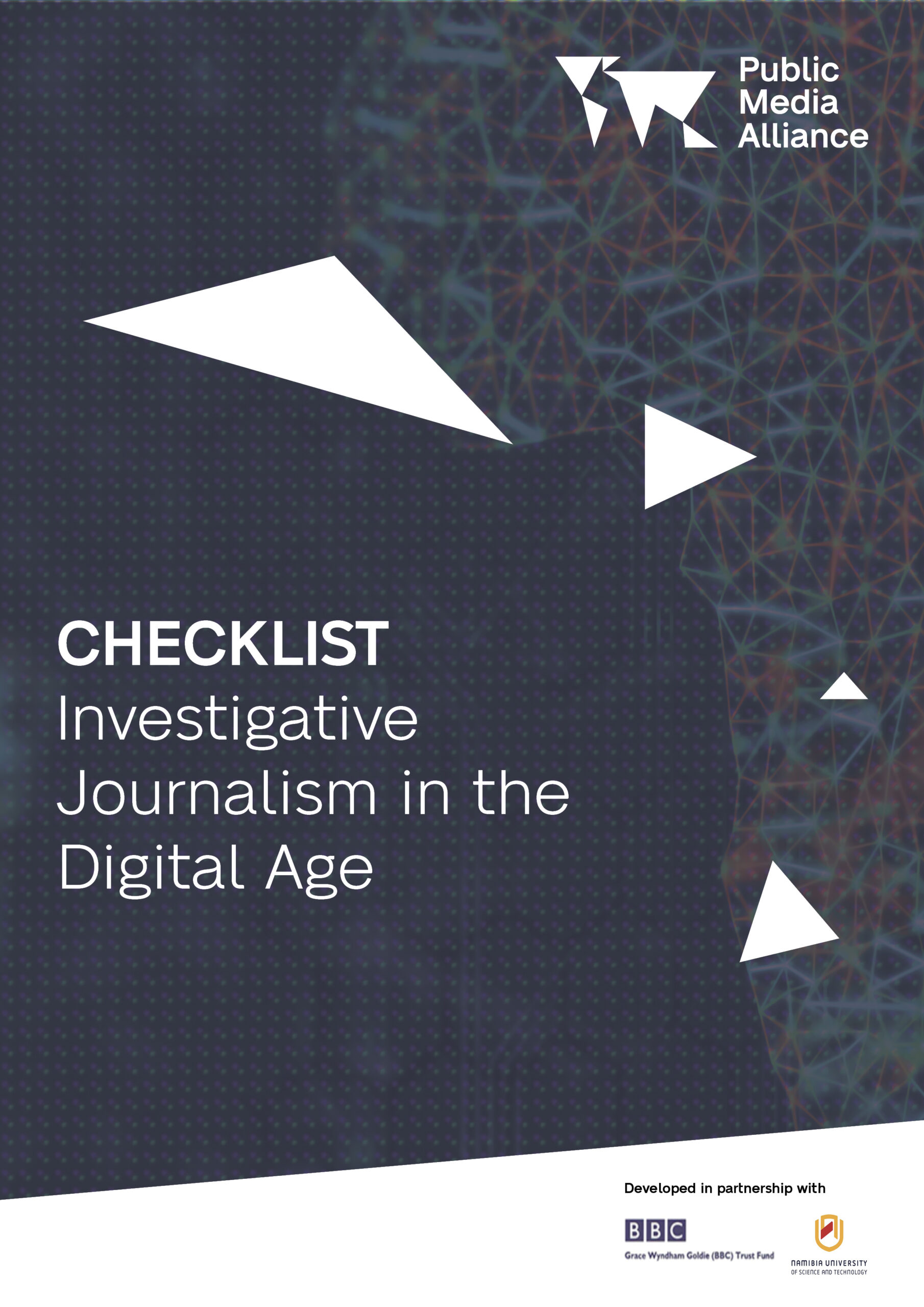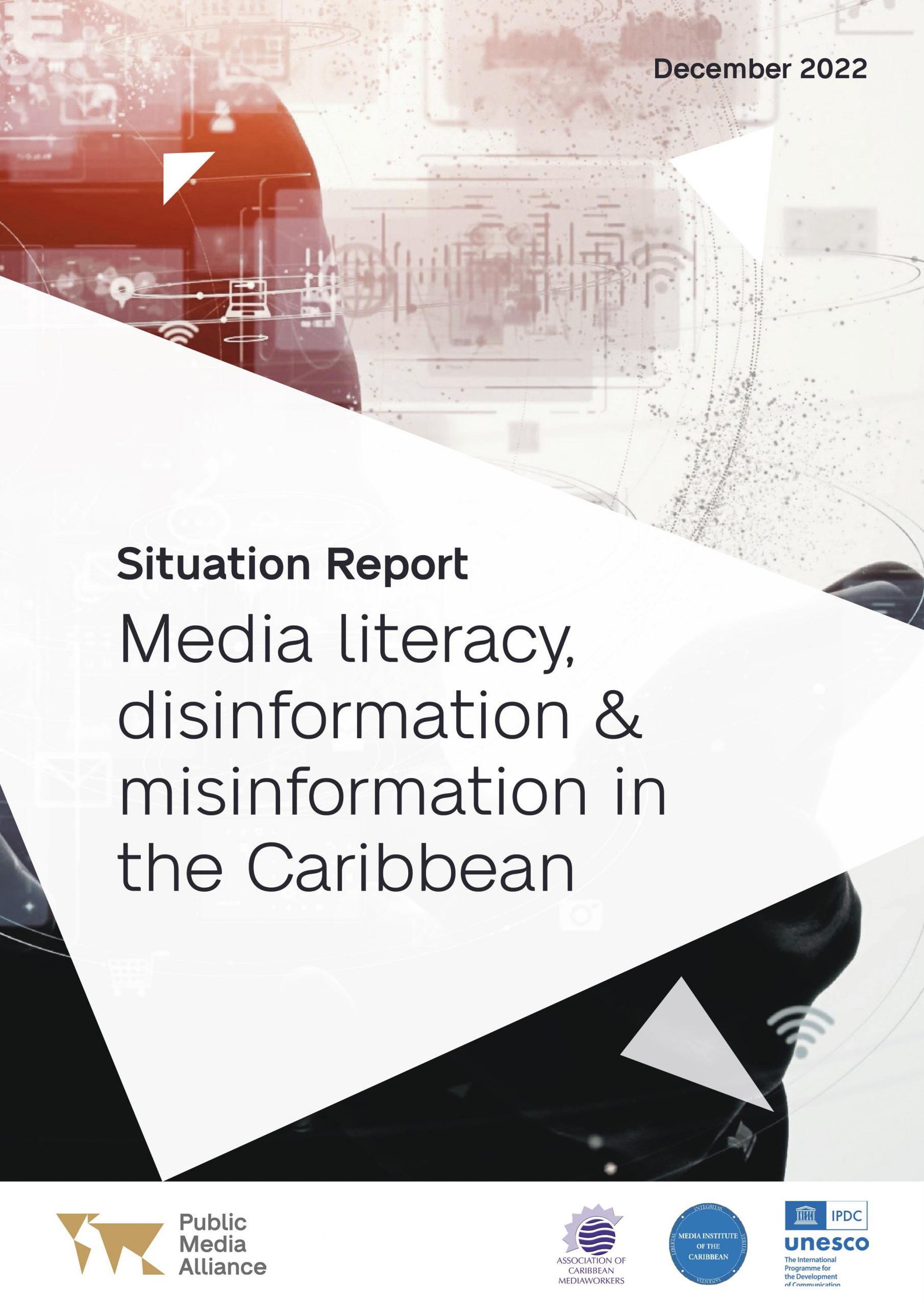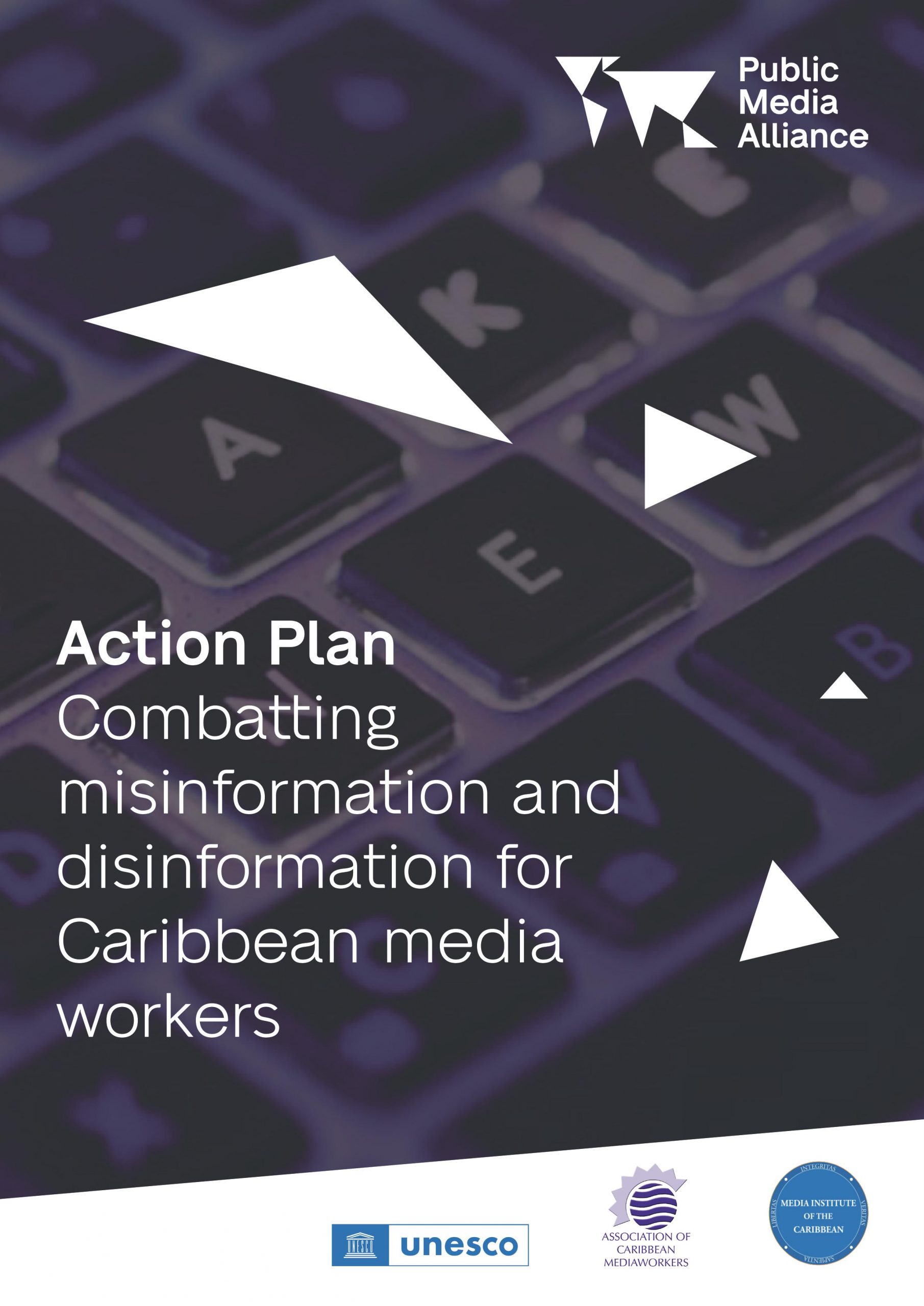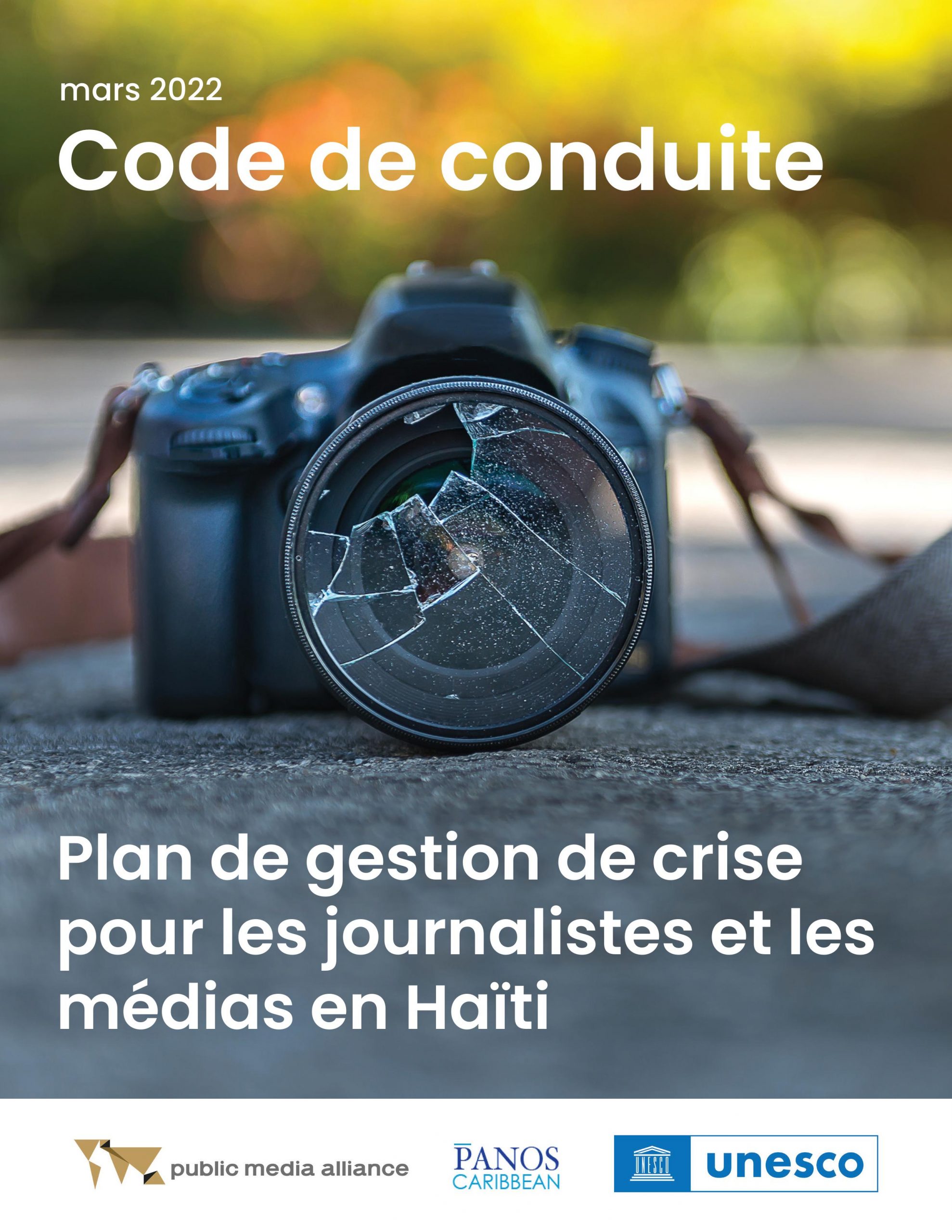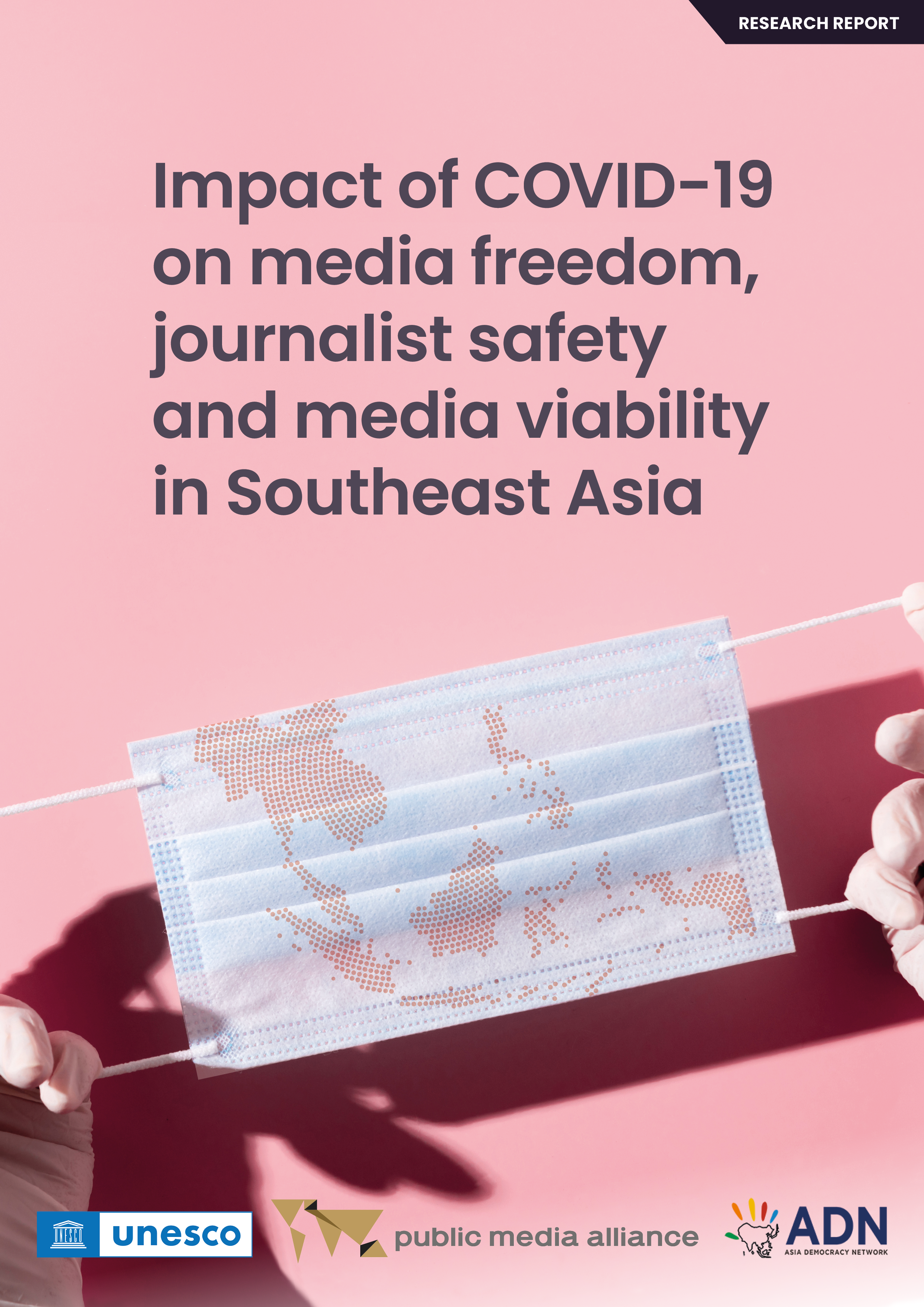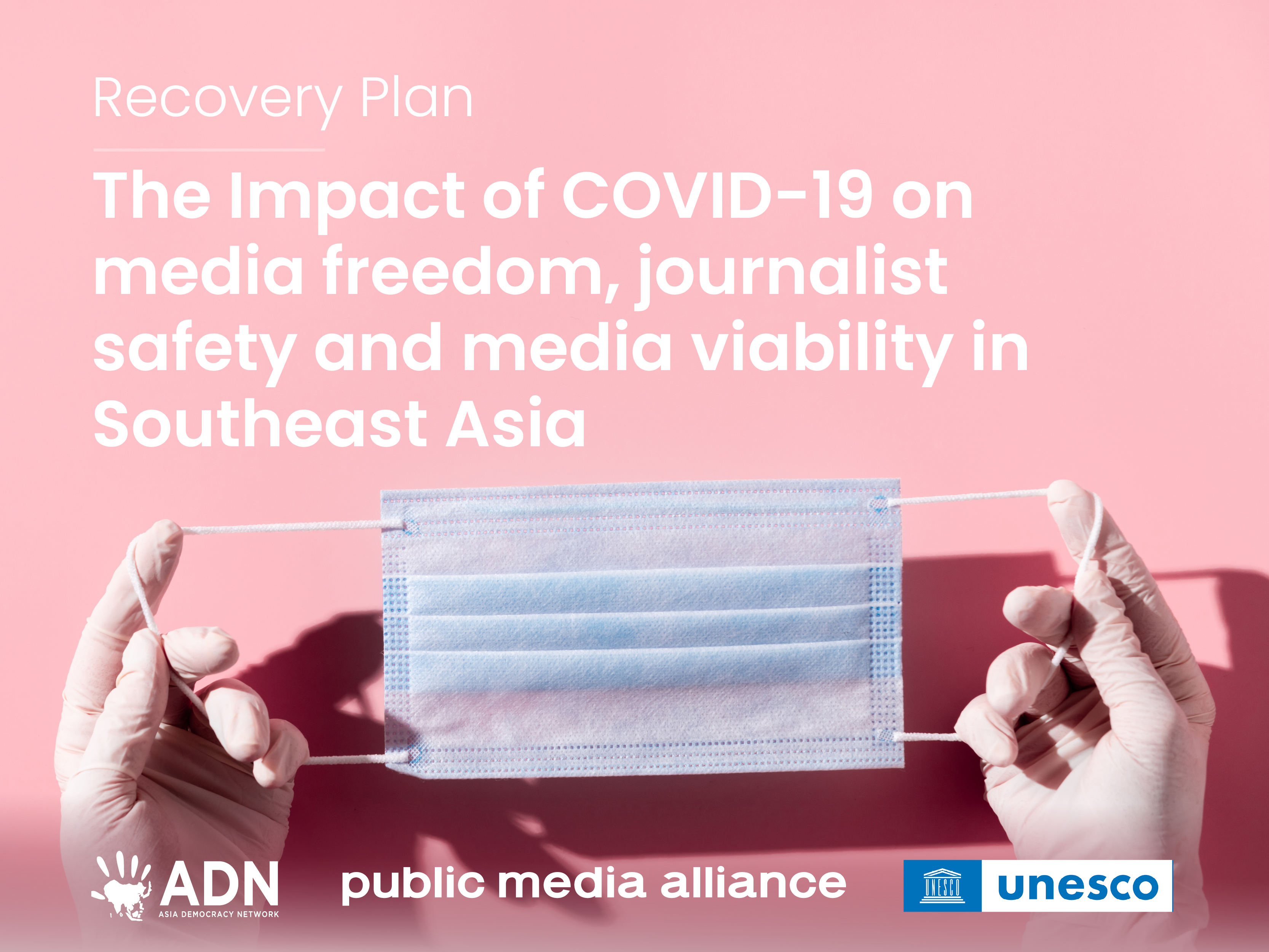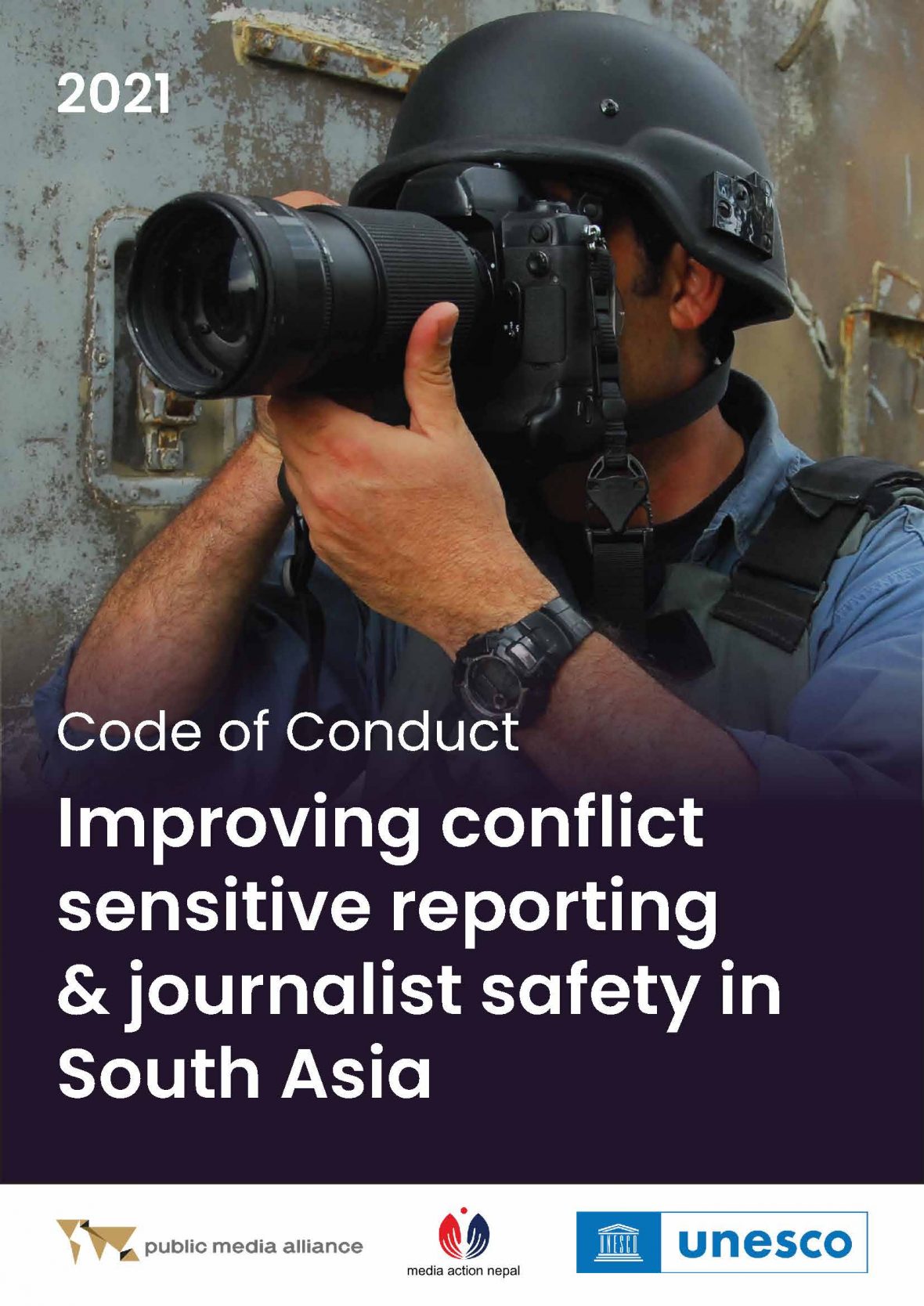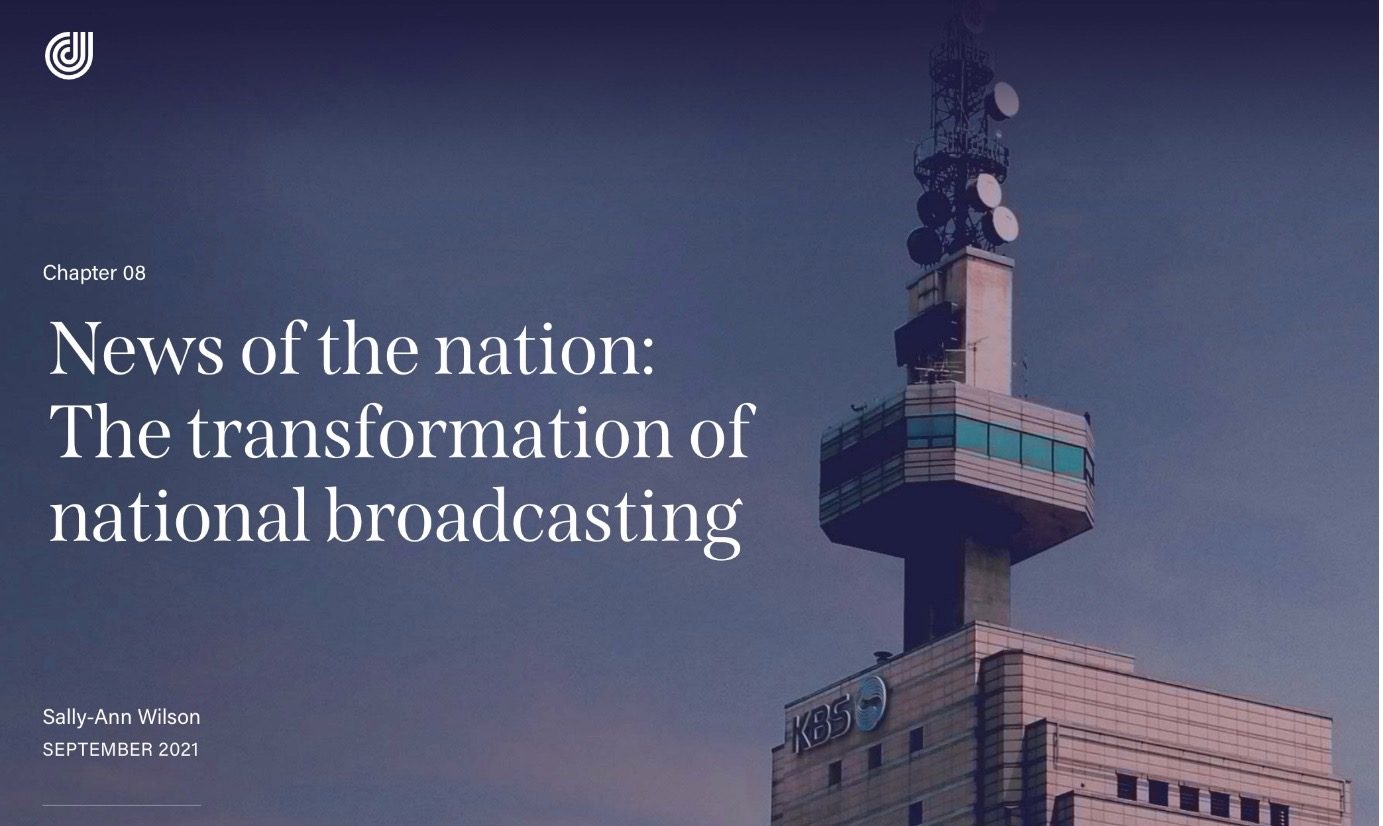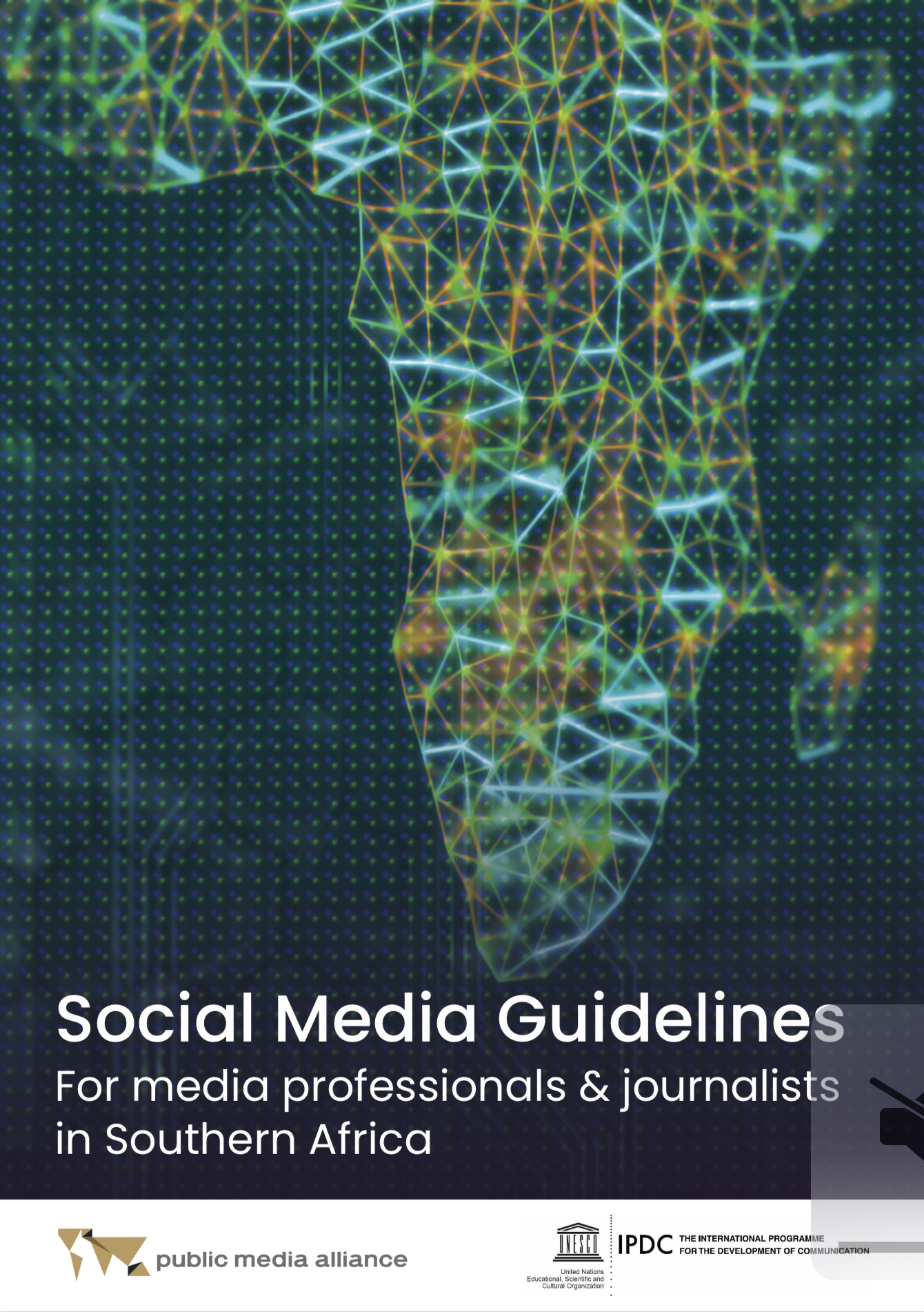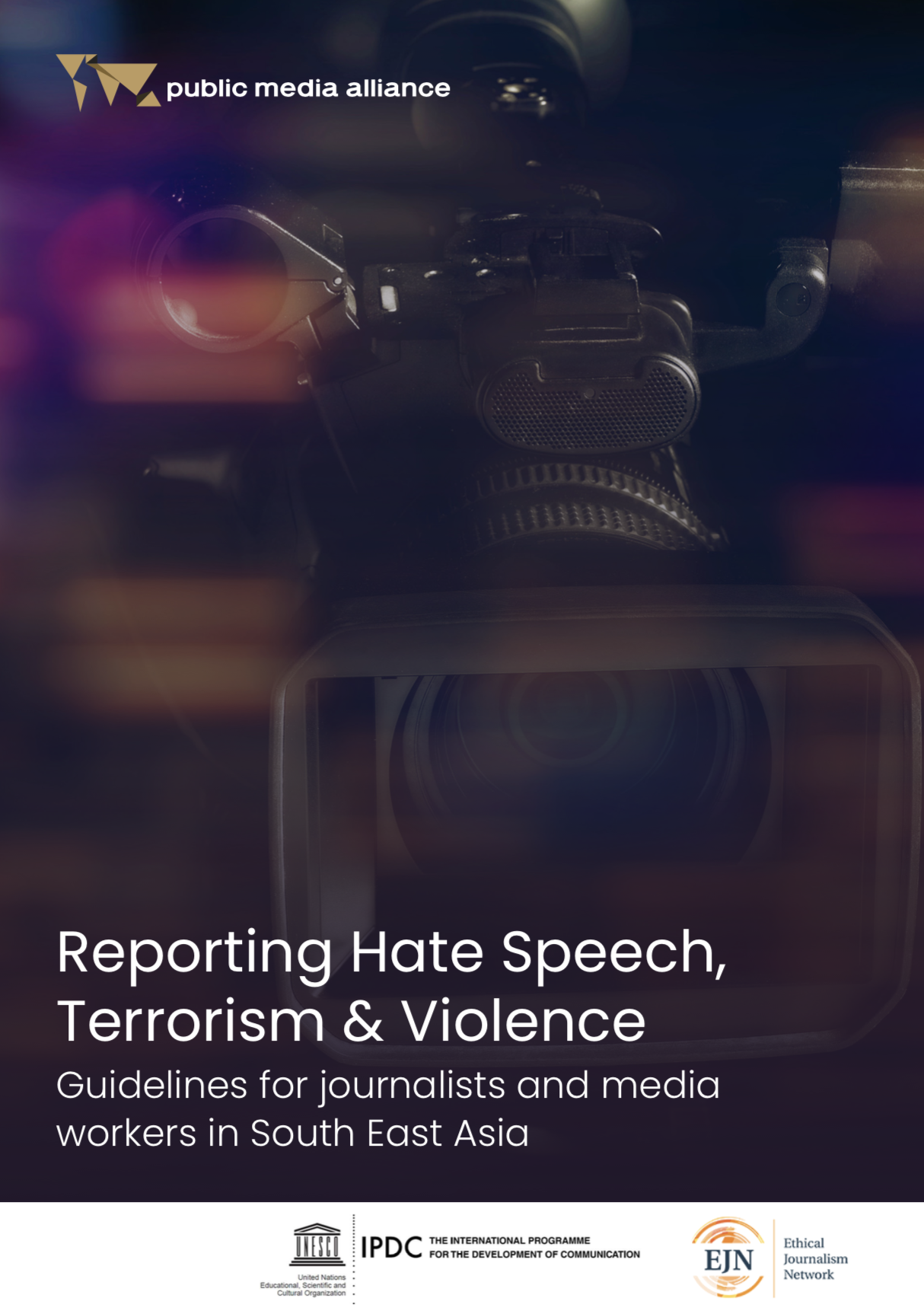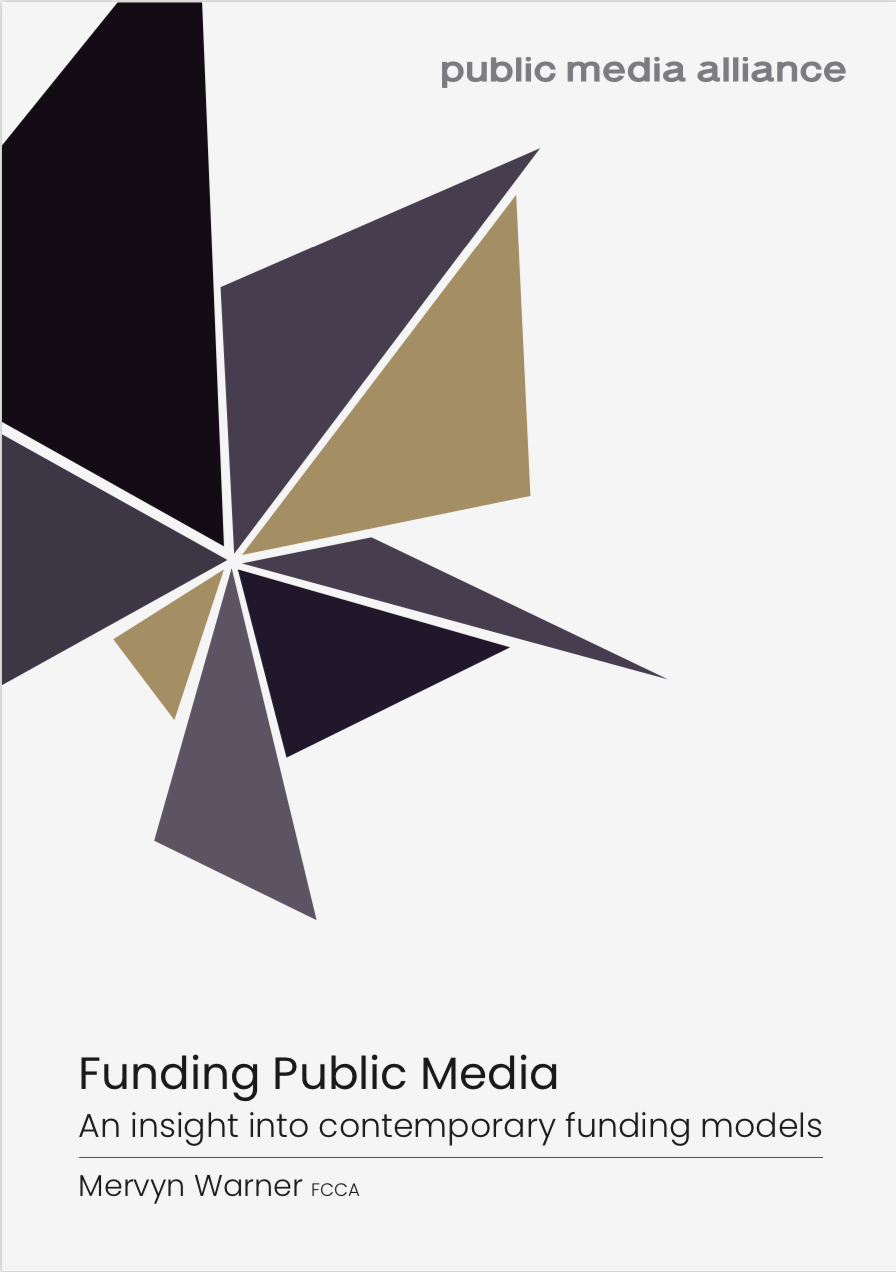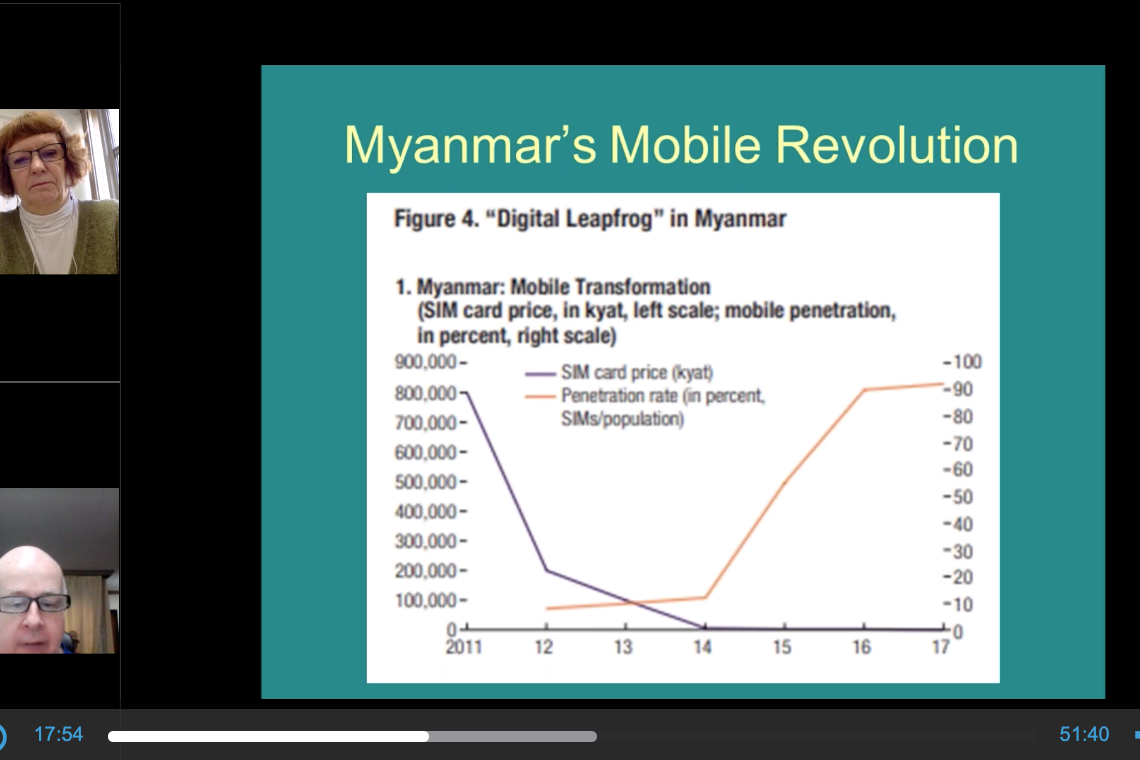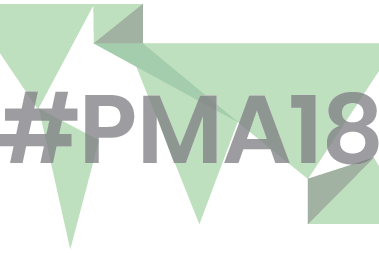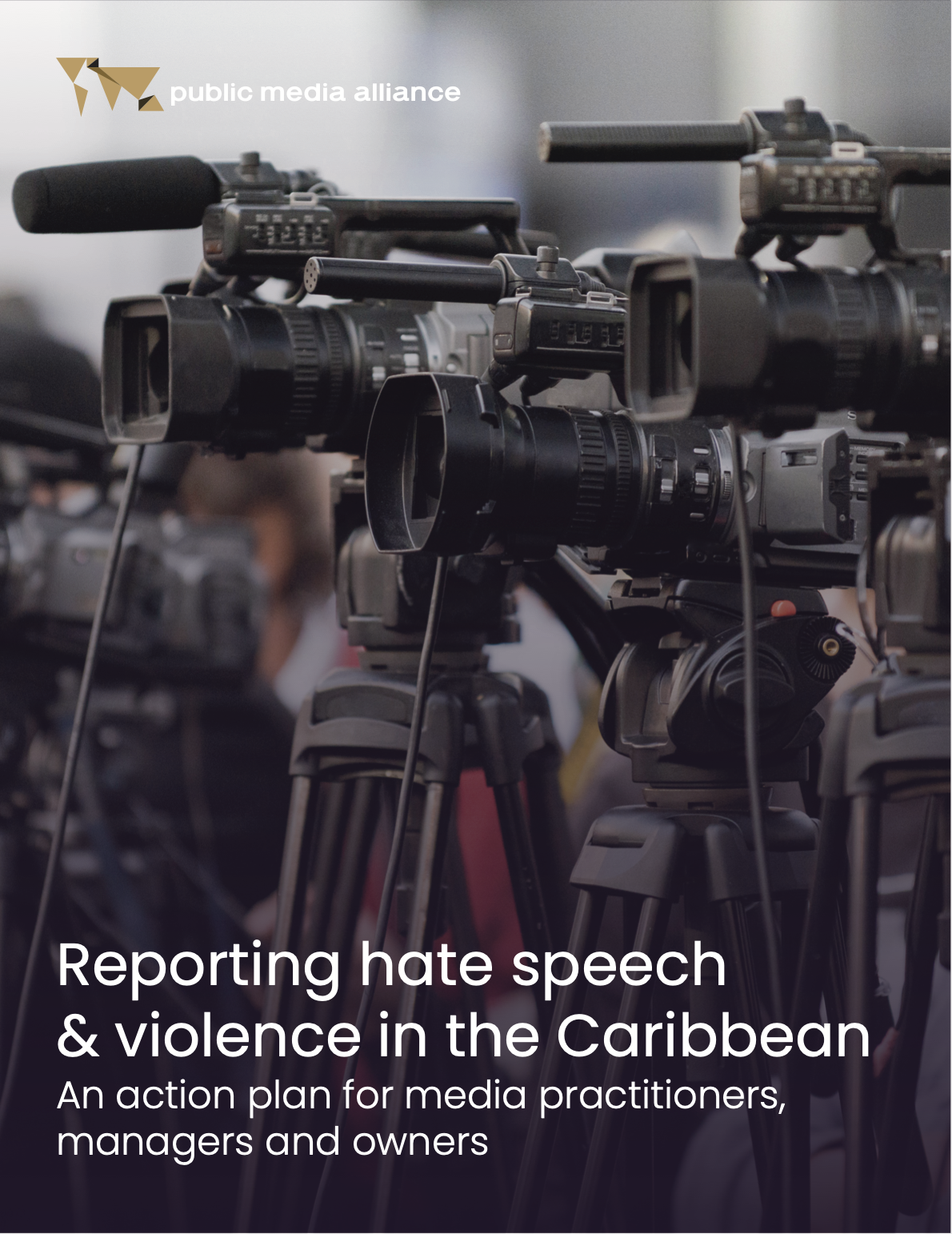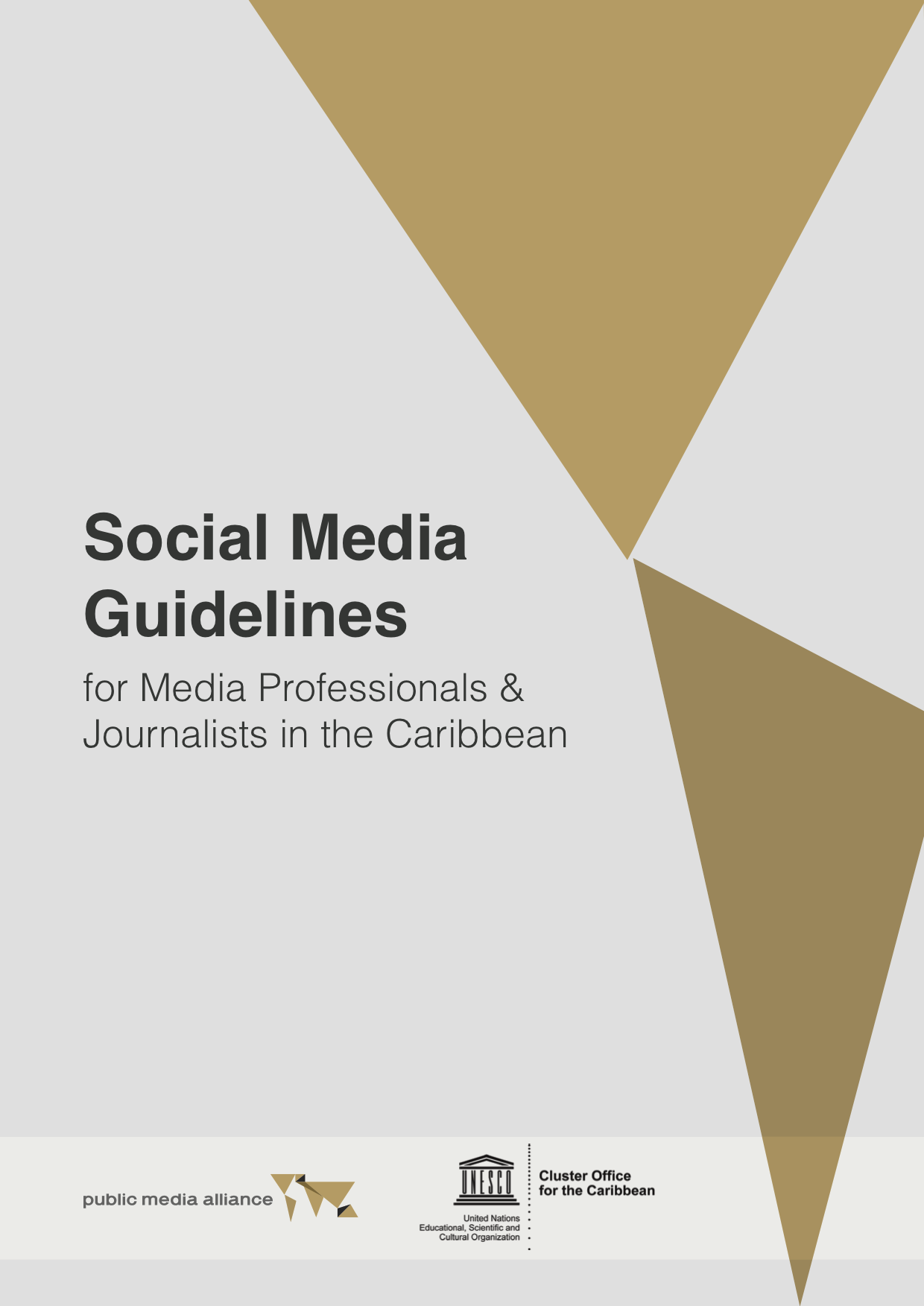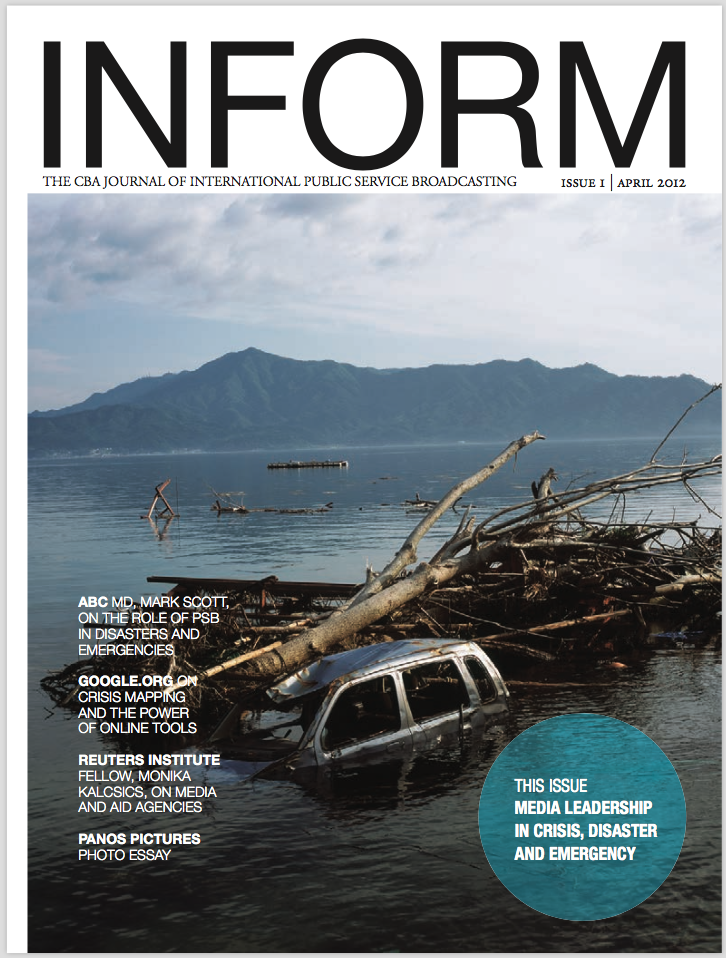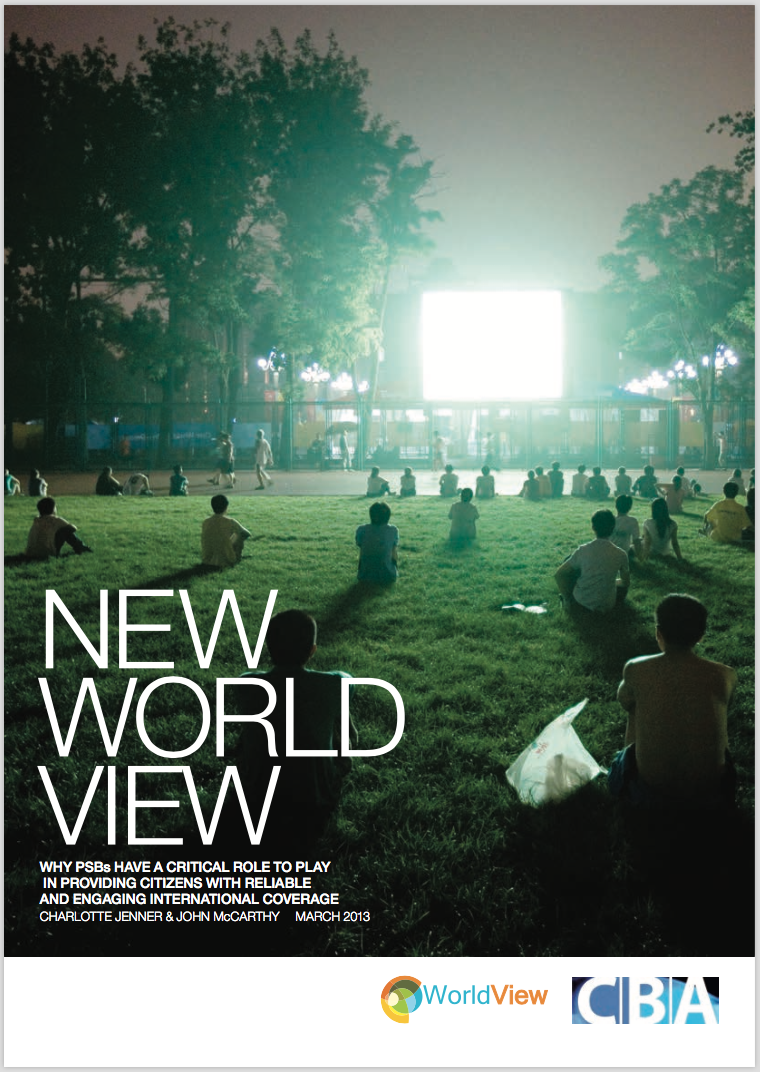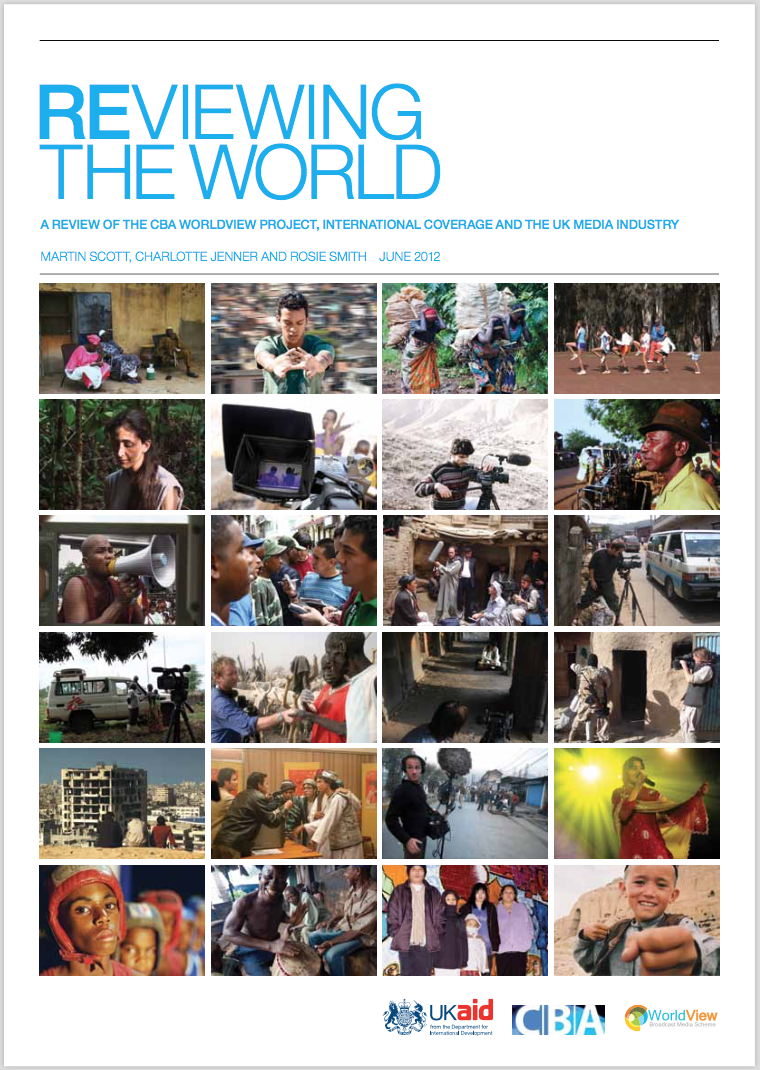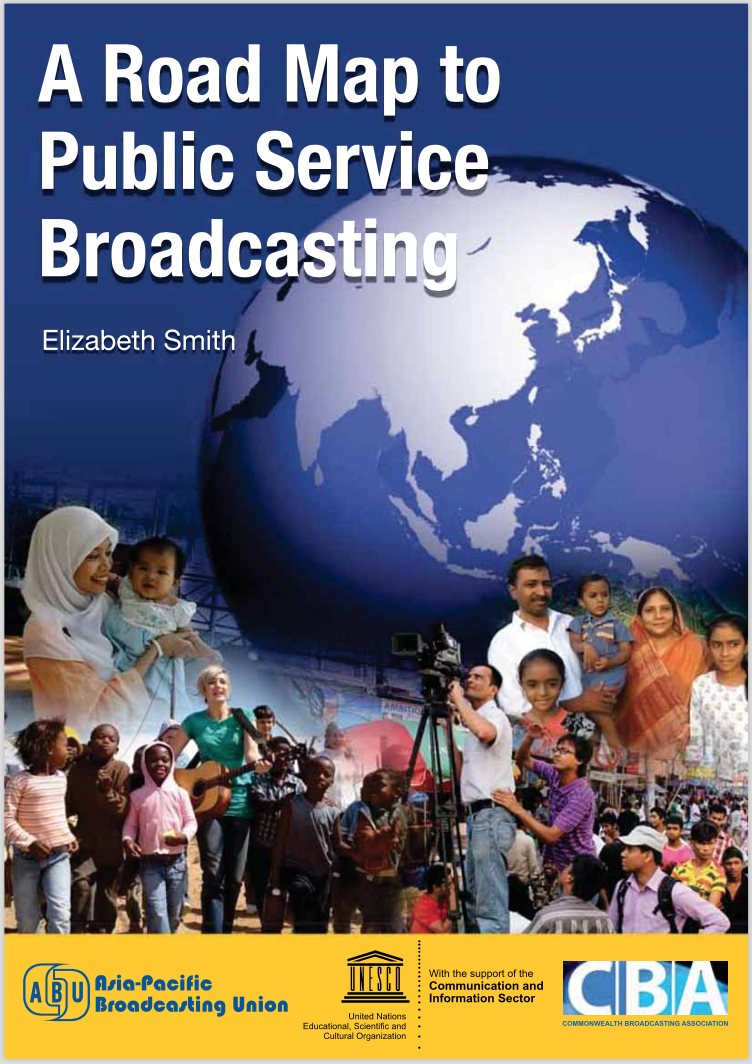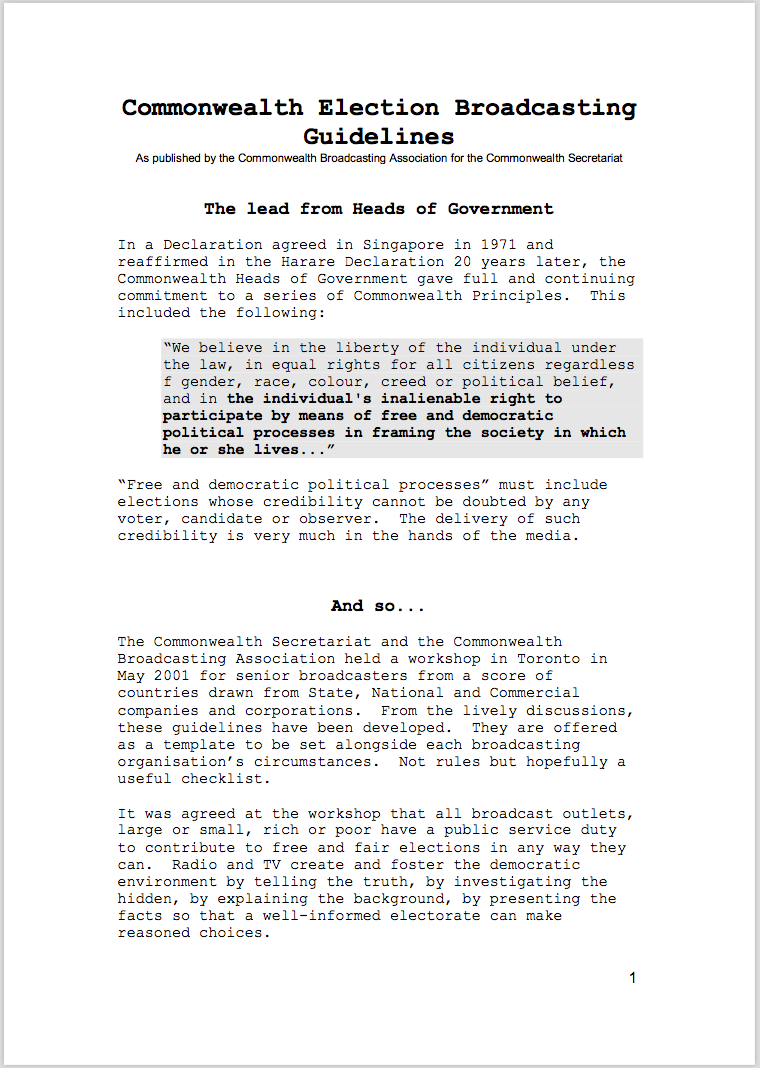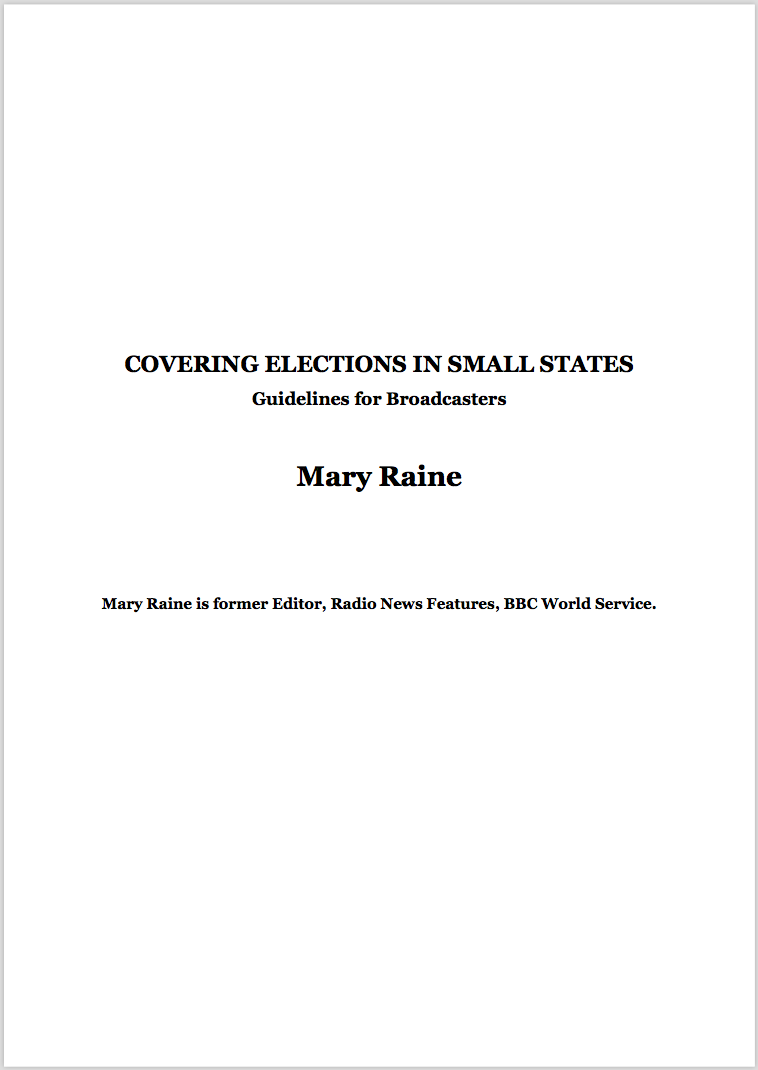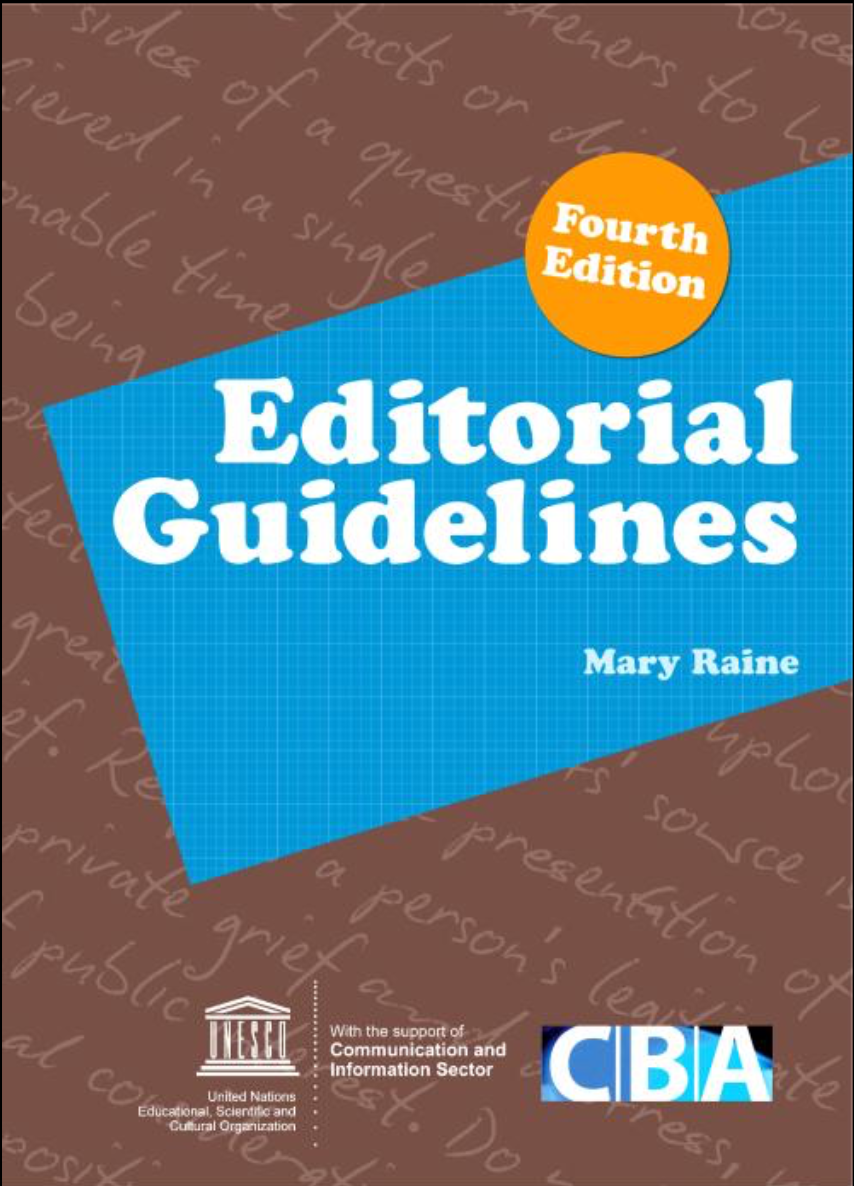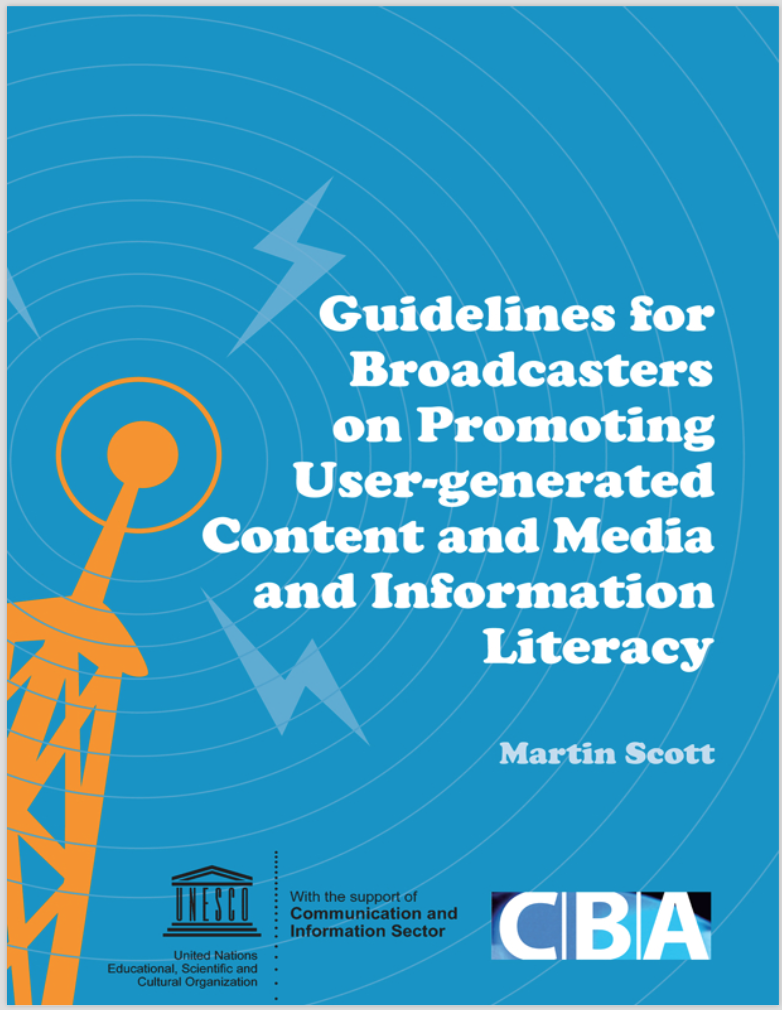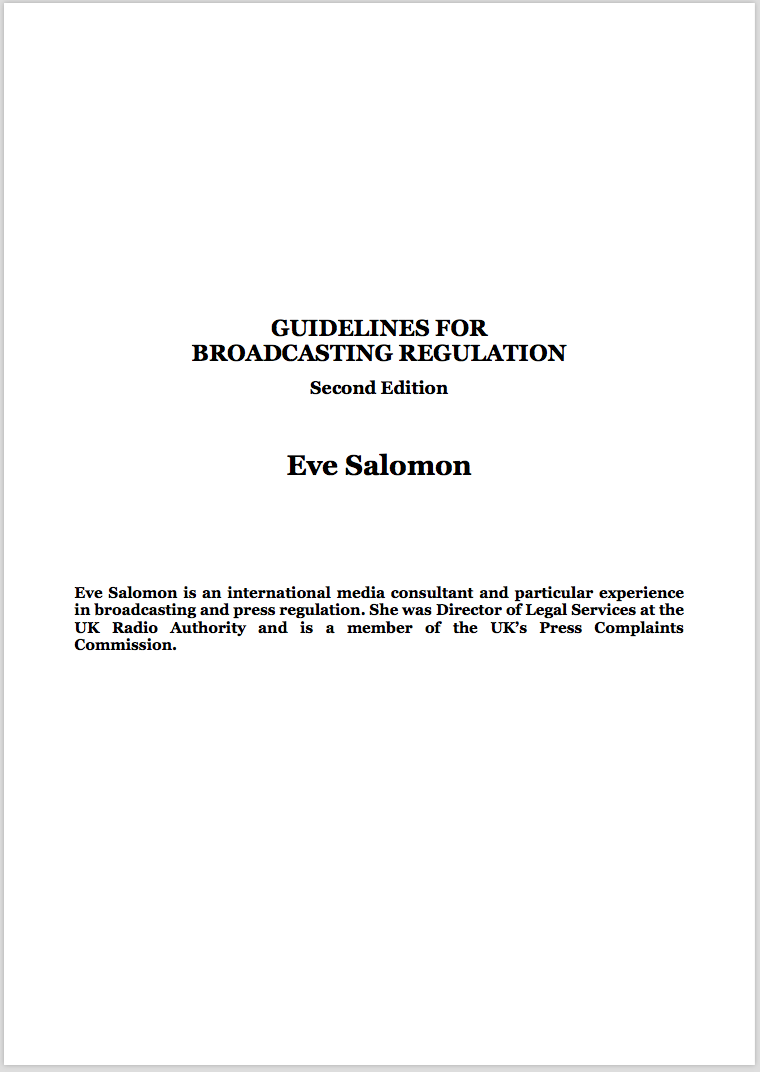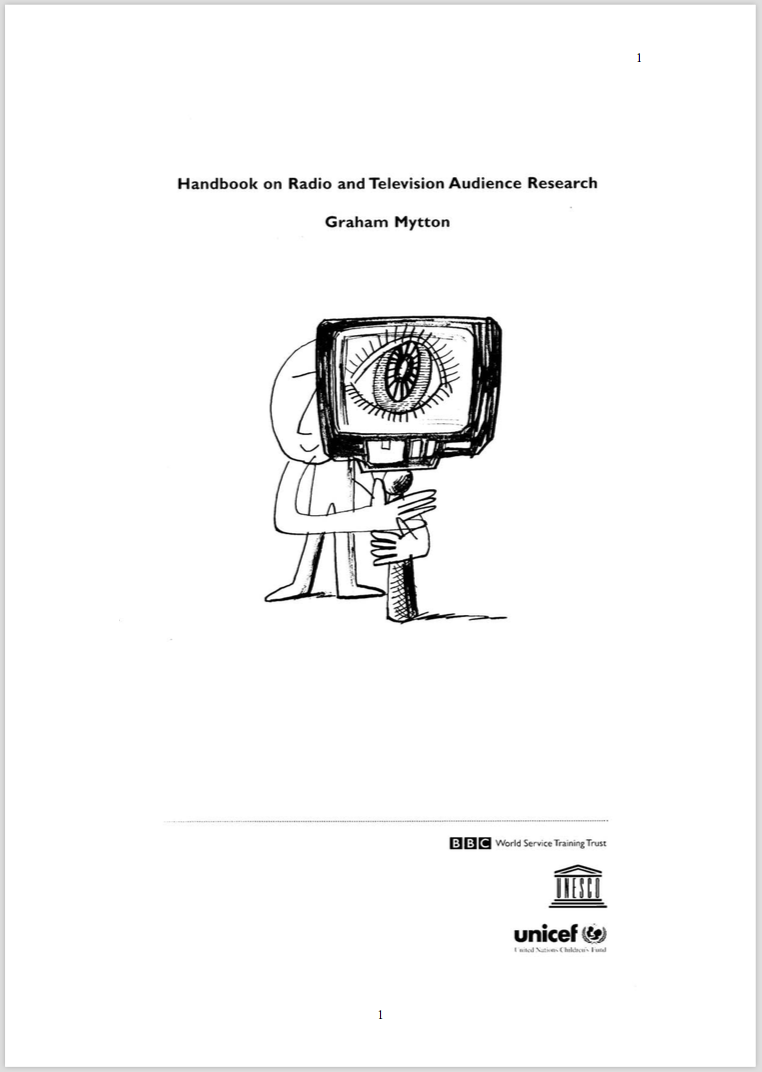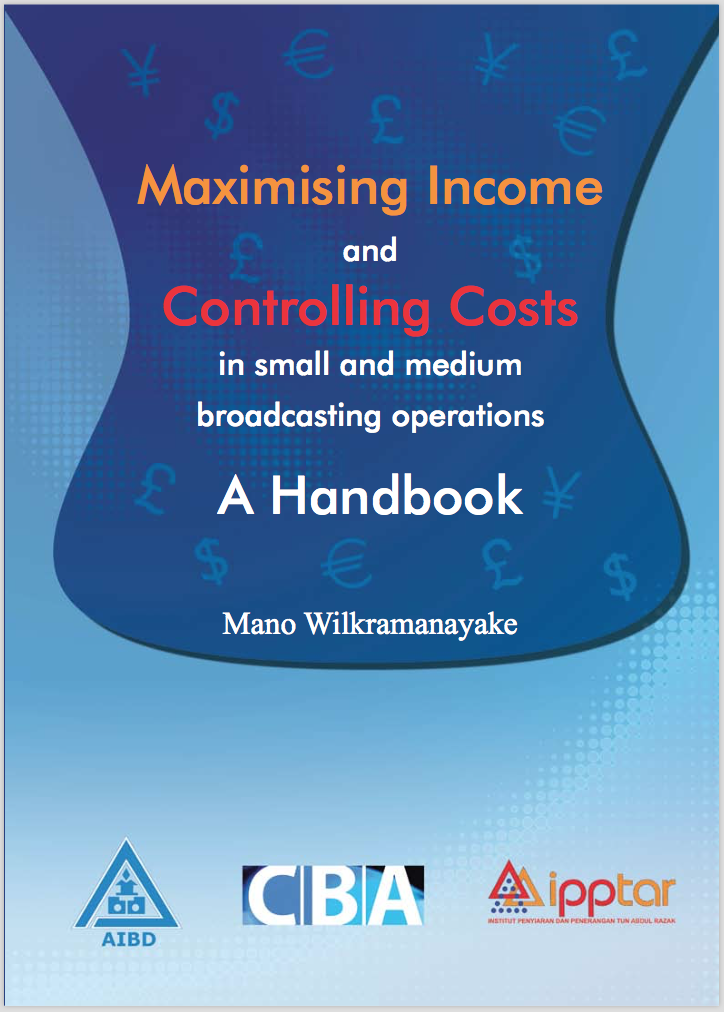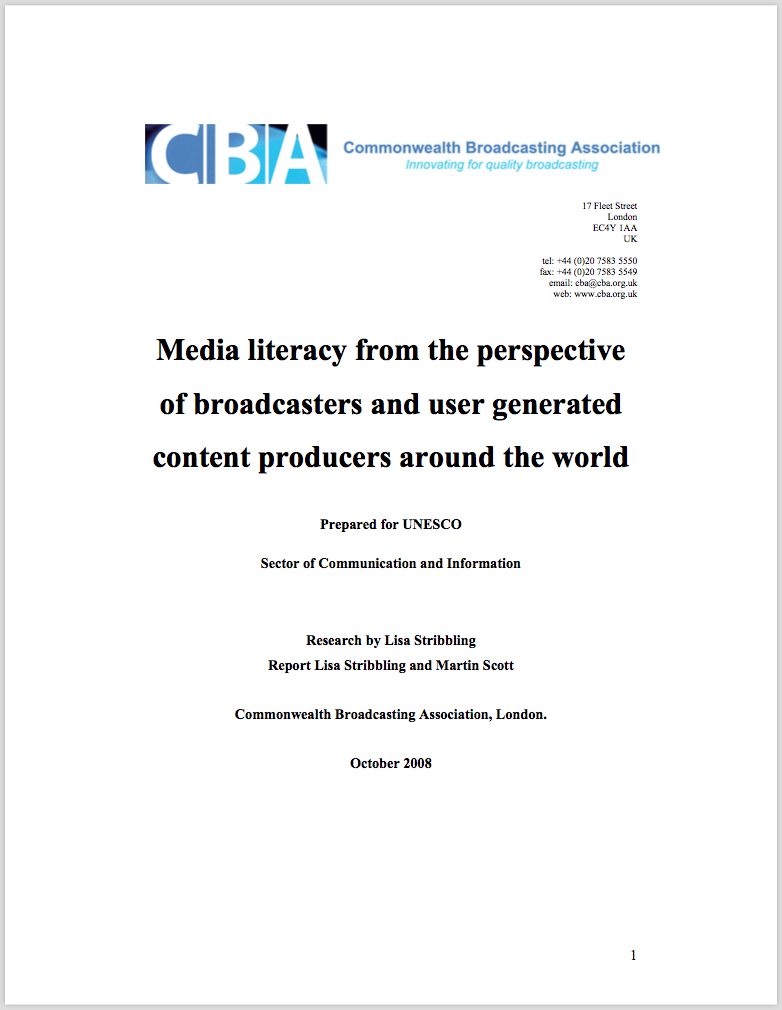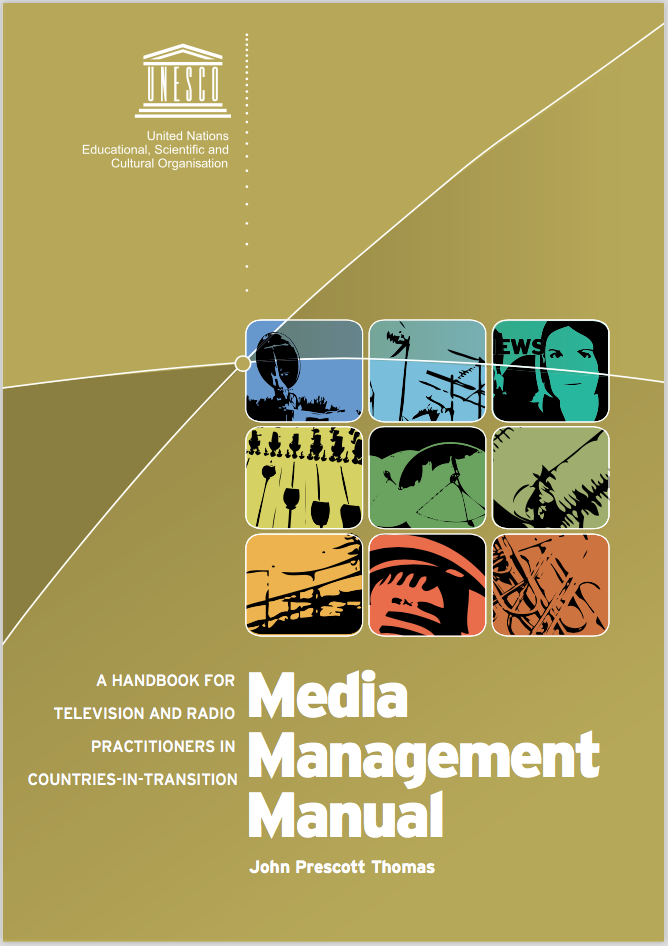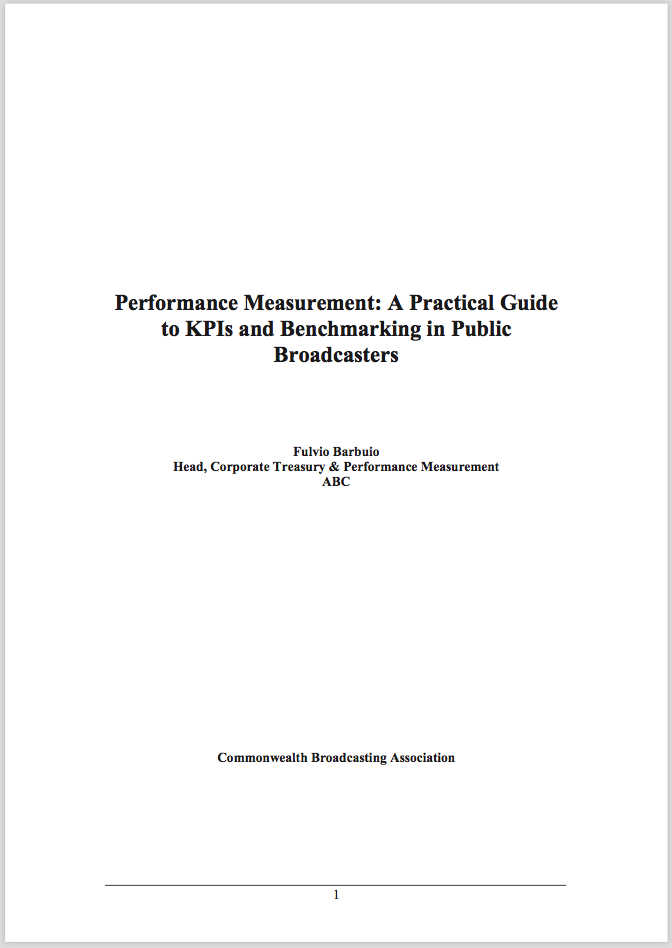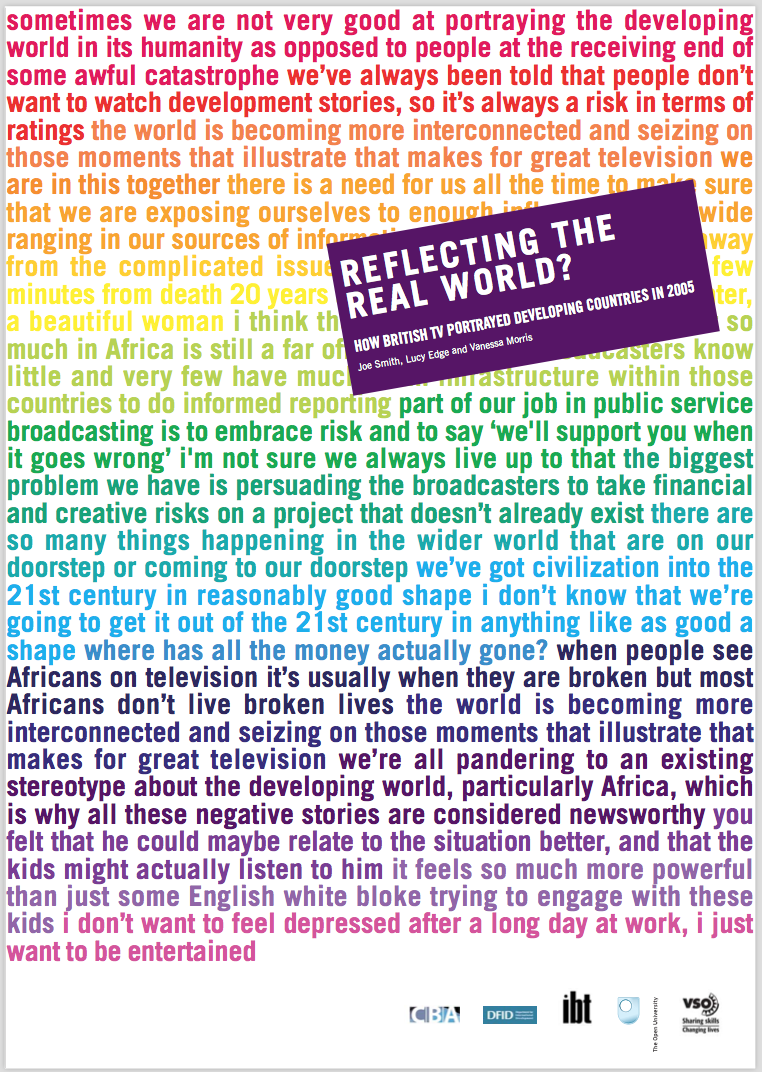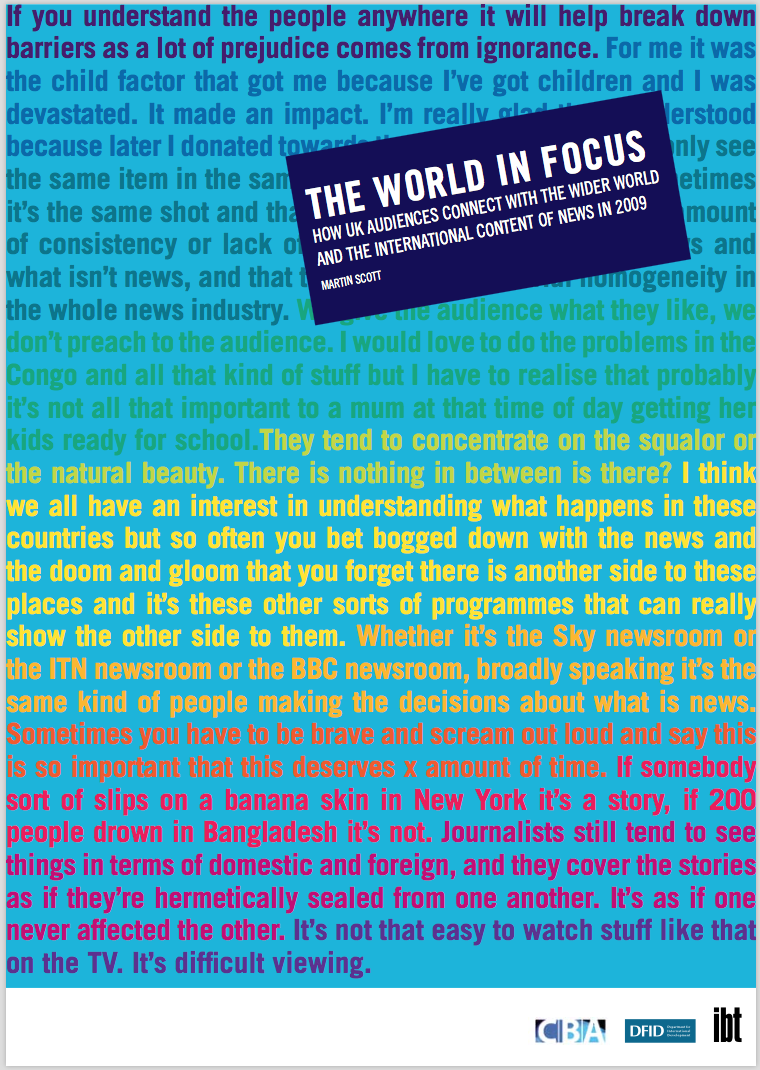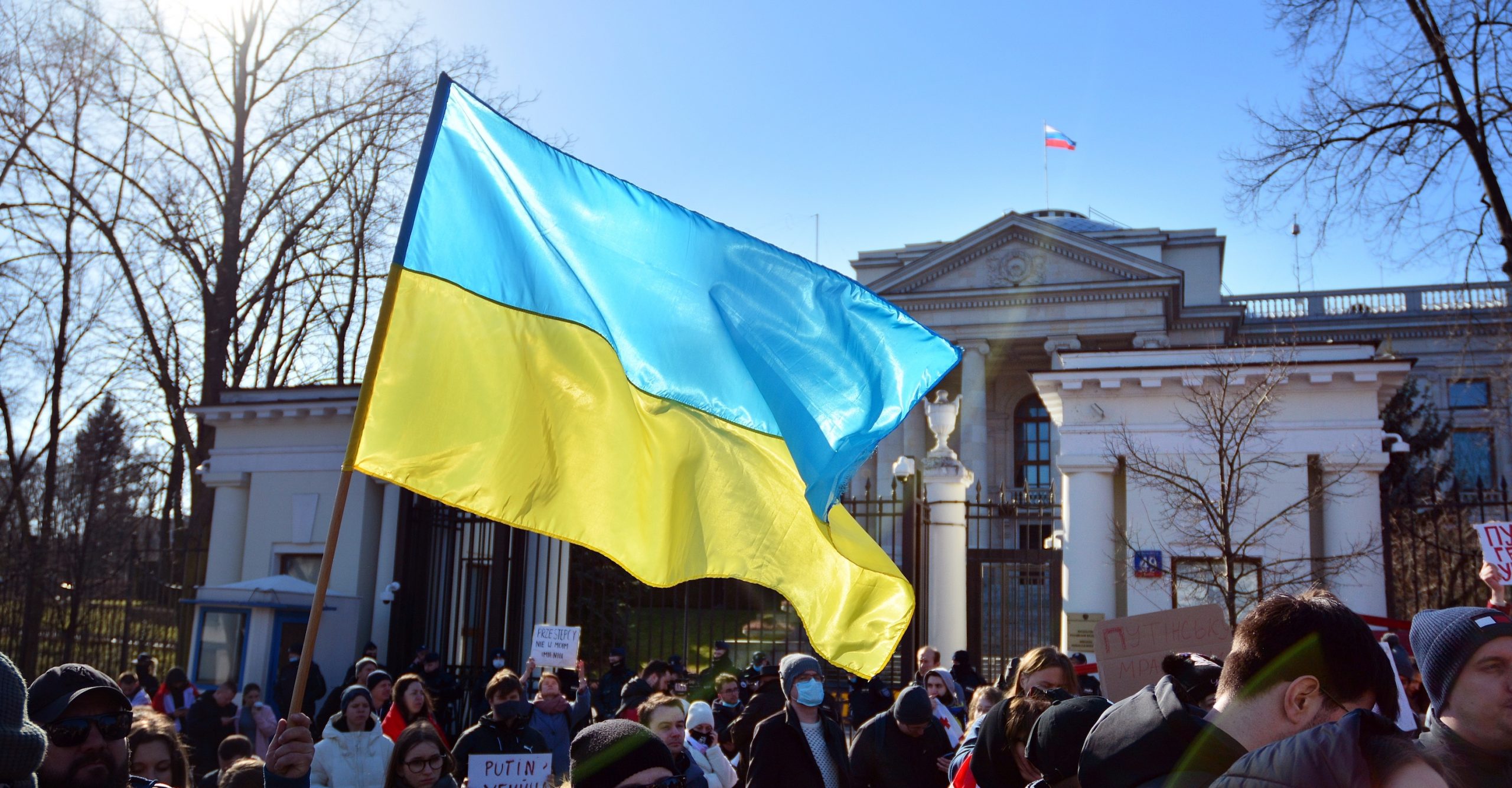PSM Innovations
- Home
- Archive by Category "Knowledge Hub"
- Page 4
The best and latest public media innovations worldwide
PSM Innovations is a regularly updated feature, which explores the wide variety of innovations being adopted by public media globally. This includes anything from pioneering a new form of tech, or a new way of reaching unheard communities; to a bold move to protect journalists, or an experimental method of countering misinformation.
This is an opportunity to shine a spotlight on how public media organisations are pushing boundaries and developing solutions to new or existing challenges.
If your organisation is embarking on a new innovation which you think PMA would be interested to hear about and share with our members, email us at editor@publicmediaalliance.org.
LRT RADIO’s multilingual radio shows
8th February 2022
Over the past year, LRT RADIO has experimented with new ways to provide minority groups with trustworthy and reliable news and information.
‘AccessCBC’ – CBC’s new initiative for creators with disabilities
25th January 2022
Canada’s public broadcaster recently launched AccessCBC, a new initiative focused on increasing access to CBC for the disabled creator communities.
‘TAHI’ – RNZ’s new platform dedicated for young people
11th January 2022
For many public media organisations, reaching younger audiences is an ongoing challenge. RNZ's new platform 'TAHI' is an innovative response to this predicament.
Over to you...
Does your public media organisation have an innovation that you’d like to share?
Let us know by emailing us at editor@publicmediaalliance.org
Header Image: Videoconferencing, Virtual Meeting. Credit: Prostock-studio / Shutterstock.com
PSM Research & Resources
About
Welcome to our shared public media research and resource page in collaboration with IAPMR and MJRC
Here you will find a broad selection of recommended journals, reports, websites and guides related to the core values of public service media, as well as specially-commissioned Research Insights – blogs, op-eds, pieces, written by leading researchers and academics on a chosen subject.
Topics include best practices, country reports and the mounting challenges faced by PSM worldwide such as media capture, diminishing budgets and media convergence.
The resources below have been curated by the Public Media Alliance in collaboration with the International Association of Public Media Researchers (IAPMR) and the Media and Journalism Research Center (MJRC). You can find out more about our collaborators at the bottom of the page.
Is there something we have missed? Please get in touch, we would be pleased to review it here. Also see the Our Publications section for our own reports and handbooks as well as the InnoPSM website. We also keep track of research news and calls for papers.
Most of the following resources are open-source but some contain links to articles that require an institutional log-in to view. Please refer to your University, institution or employer if this is the case.
Research Insights
A collection of articles written by leading researchers & academics from around the world, especially commissioned for PMA and IAPMR.
Nothing found.
Coronavirus: Resources & best practices
Essential resources for sourcing and reporting news about the coronavirus pandemic
Research & Resources
Use the headers below to filter resources
British Public Service Broadcasting, the EU and Brexit
October 2021
'This paper analyses the historic role of Britain's major public service broadcaster, the BBC, in reporting the European Union.'
Mutual Aid and the “Messy Middle”: pushing public radio toward antiracism
September 2021
This report by the Tow Center explores how public radio stations in the US are adopting initiatives to improve their diversity.
News in Asia
September 2021
The Judith Neilson Institute's latest report brings together experts and institutions to provide a nuanced account of journalism in Asia.
The State of State Media
September 2021
A Global Analysis of the Editorial Independence of State Media and an Introduction of a New State Media Typology
The Reuters Institute Digital News Report 2021
June 2021
The Reuters Institute's latest Digital News Report reveals new insights about digital news consumption in 46 markets.
Journalism & News,Principles & Values
Are public service media distinctive from the market?
May 2021
'Interpreting the political information environments of BBC and commercial news in the United Kingdom'. An article by Stephen Cushion.
The Missing Middle: Reimagining a Future for Tweens, Teens, and Public Media
May 2021
Joan Ganz Cooney Center and the Corporation for Public Broadcasting have partnered to better understand how young people are engaging with media today in order to help public media better serve Gen Z.
Public service media in Europe: law, theory and practice
2021
Contributing to a rethink of Public Service Media, this book combines theoretical insights and legal frameworks with practice, examining theory and policy development in a bottom-up manner.
Online violence Against Women Journalists: A Global Snapshot of Incidence and Impacts
December 2020
This report presents a snapshot of the first substantial findings from a global survey about online violence against women journalists conducted by UNESCO and the International Center for Journalists (ICFJ) in late 2020.
Covid-TV: Routes to Content during Covid-19
2020
What does the impact of Covid-19 on TV viewing tell us about the future of public service broadcasting (PSB) in the UK?
Our Partners
We are pleased to partner with the IAPMR and MJRC for this resource
IAPMR
The International Association of Public Media Researchers (IAPMR) brings together quality academic and industrial research from different disciplines. We support the continual evolution of public service media by aggregating theory and practice. We look critically from industrial, production, audience, technological, economic and societal perspectives. We run conferences, produce publications and communicate knowledge to academia, industry, governments, and publics.
MJRC
The Media and Journalism Research Center is an independent media research and policy think tank that seeks to improve the quality of media policymaking and the state of independent media and journalism through research, knowledge sharing and financial support. MJRC continues the work of the Center for Media, Data & Society (CMDS), which until October 2022 operated as a unit of Central European University (CEU).
Header Image: Students Experimenting With Video Software stock photo. Credit: TommL/iStock
Research News
The latest calls for papers and news regarding public service media and communications research.
Call for papers are placed in order of upcoming deadlines. Conference dates can also be found in our events section.
Research funds and other opportunities can also be found via our Grants & Opportunities page.
13th October 2017
Exploring good PSM provision for young children in a diversified Europe
With a growth in forced migration to Europe, a new series of events will explore whether European PSBs can fulfil the media needs of newly arrived…
3rd October 2017
SABA 2017 & SABC Annual Report
The publication of the South African Broadcasting Corporation’s (SABC) 2017 Annual Report reveals few surprises to those attending last week’s…
28th July 2017
Newsrewired roundup
Our roundup of some of the key discussions at NewsRewired 2017, a conference on digital journalism.
19th May 2017
New IABM Glossary of broadcast technical terms
New industry-wide glossary provides an extensive resource of essential technical terms for the broadcast and media industry.
28th April 2017
Call for Papers: Framing War & Conflict
As part of a special issue of the Media, War and Conflict journal, the War and Media network are looking for papers that assess framing as a method…
27th April 2017
Call for Papers: 10th Global Investigative Journalism Conference
This year's conference in Johannesburg will feature an "academic research track" focussing Investigative and Computer-Assisted Reporting Pedagogical…
27th April 2017
Nordic Voices on Freedom of Expression
The Network for Journalists in the Nordic Countries (NJC) has released a fascinating collection of abstracts regarding freedom of expression in the…
Finding the funds for journalism to thrive
POLICY BRIEF
Finding the funds for journalism to thrive
Policy options to support media viability
UNESCO | Dr. Anya Schiffrin, Prof. Emily Bell, Dr. Julie Posetti & Francesca Edgerton
Published: 2022
“This brief comes as part of the UNESCO series World Trends in Freedom of Expression and Media Development. The brief addresses how policymakers can best respond to the severe financial crisis threatening the supply of independent journalism. It provides a typology of global responses, assesses their pros and cons, and makes 22 actionable recommendations. It builds on the Windhoek+30 Declaration, which underlines media viability as a core principle of information as a public good.”
[Text sourced from UNESCO]
Our Publications
The Public Media Alliance has an established role and reputation in commissioning original research and reports on key themes and stakeholders in public service media.
Here you will find a range of publications, including those produced during our time as the Commonwealth Broadcasting Association. They are all authored by an expert group of media professionals and academics, and cover a diverse range of topics, from the role of documentaries in advocacy to the way in which broadcasters cover elections.
True to the principles of public service media, the following content is free to download.
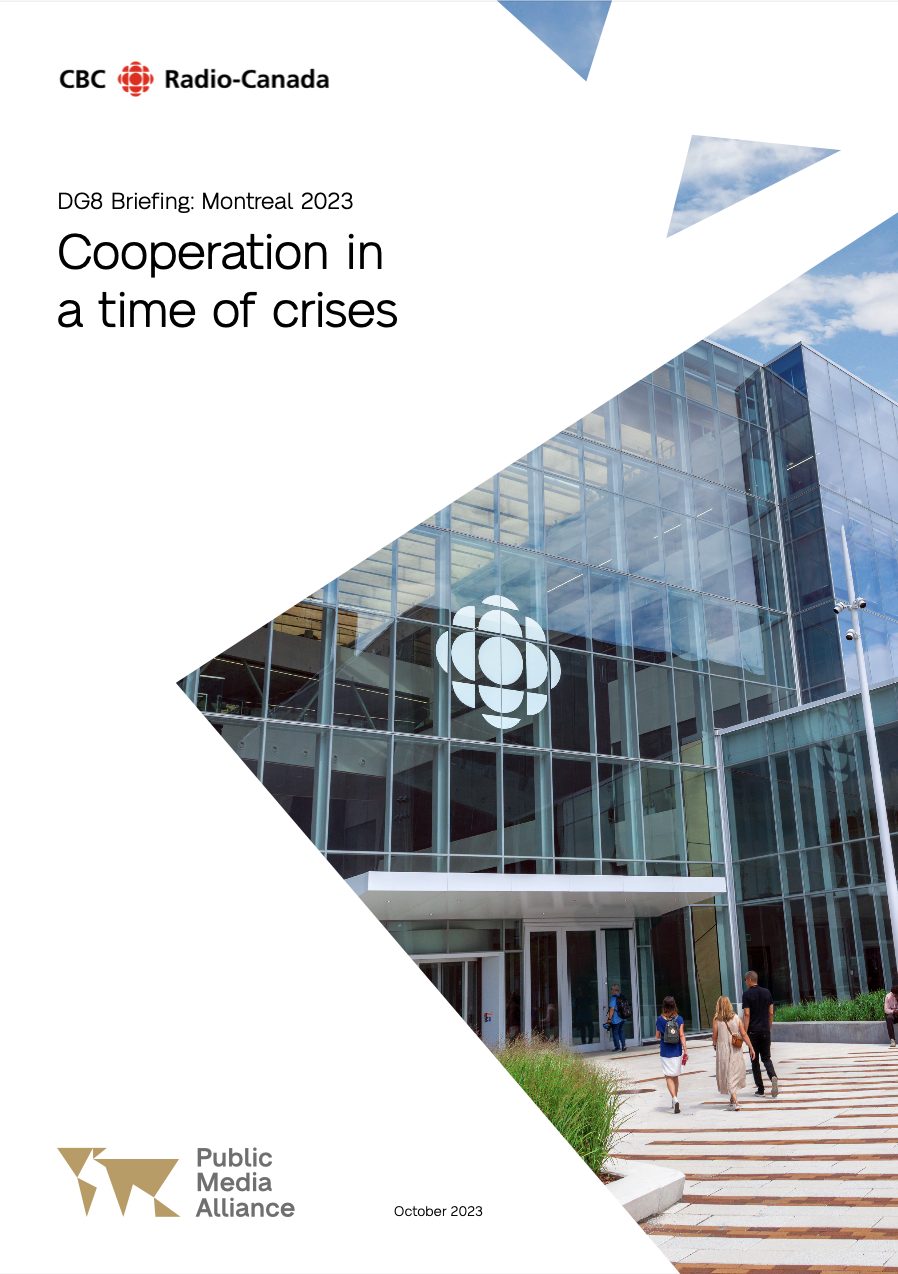
DG8 Briefing: Cooperation in a time of crisis
October 2023
High-level report commissioned by CBC/Radio-Canada on behalf of the DG8.
This confidential report for the DG8 provides an overview of the geopolitical, technological, and domestic challenges—and opportunities—that DG8 members face, outlines how the DG8 might evolve in future. It is based on desk research and interviews with leaders from each DG8 member.
The DG8 is an informal umbrella group of publicly funded international public media organisations from democratic countries. It currently has eight members: ABC International, BBC World Service, Deutsche Welle, France Médias Monde, NHK World-Japan, CBC/Radio-Canada, Swissinfo.ch, and the U.S. Agency for Global Media.
Situation Report: Gender-sensitive reporting in Southeast Asia
2023
The Public Media Alliance’s latest situation report — this time for Southeast Asia — will guide tailored interventions for each target country, catalysing regional collaboration and aligning regional efforts with broader international goals.*
The media situation report covers five Southeast Asian countries – Indonesia, Malaysia, the Philippines, Singapore, and Thailand – and forms part of the efforts to better understand just how the media can both support and undertake initiatives that improve gender representation and alleviate violence against women and girls, and violence against women journalists.
The report provides a snapshot of the current situation facing the Southeast Asian media on gender issues and considers how the media can do better. In each country, research was undertaken over a period of six months. Separately, a survey was conducted with regional journalists to determine gaps that exist within newsrooms to more effectively handle gender-related issues.
Key findings include:
- The interconnectivity of the issues: While each country presented unique challenges – from poor adherence and existing policies to politically motivated attacks on journalists – there were significant overlaps between the issues.
- The need for collaboration: Each researcher determined that collaboration among stakeholders was paramount for success, especially regarding the intricate interplay of media and gender issues.
- The need for further research: Researchers noted that extensive and comprehensive research and data on gender representation in the media, violence against women and girls and female journalists, is lacking in the Southeast Asian context.
- The need for wider social change: The researchers noted that achieving meaningful progress requires wider social change across the five countries.
The media situation report forms part of a wider project spearheaded by the Public Media Alliance with support from the UNESCO Bangkok Office and UNESCO’s International Programme for the Development of Communication (IPDC), and saw partnerships with AWARE Singapore, Konde.co, and the Foreign Correspondents’ Club of Thailand.
Download the situation report:
* – Page 29 updated 16 January 2024
Action Plan: Improving gender-sensitivity approaches for Southeast Asian media stakeholders
2023
In October 2023, 20 media workers and representatives from gender-focused non-governmental organisations (NGOs) from five Southeast Asian countries attended a two-day workshop in Bangkok, Thailand to develop country-specific action plans that would contribute towards more effective and gender-sensitive reporting.
The Public Media Alliance’s new action plans outline approaches that foster collaboration and address common challenges related to gender-sensitive reporting, women’s safety, and responsible media practices across the diverse media landscapes of Southeast Asia. The plans offer collective initiatives for media workers, NGOs, policymakers, religious institutions, and the broader public to undertake in Indonesia, Malaysia, Singapore, Thailand, and the Philippines.
Among the common action points highlighted in the plans are:
- The need to build engagement and collaborations
- Advocacy for gender-responsive policies and guidelines
- The need to establish data collection and reporting systems
- The importance of intersectional approaches to gender issues
- The implementation of newsroom safety protocols and support for women journalists
The plans have been translated into Indonesian, Malay, Filipino, Mandarin, Tamil, and Thai. An English version encompassing all countries is also available.
The action plans form part of a wider project spearheaded by the Public Media Alliance with support from the UNESCO Bangkok Office and UNESCO’s International Programme for the Development of Communication (IPDC), and in partnership with AWARE Singapore, Konde.co, and the Foreign Correspondents’ Club of Thailand. Special thanks go to our workshop participants who contributed towards the development of the action plans, and our project facilitator Dagmar Skopalik.
Download the Regional Action Plan:
Download the Country-Specific Action Plans:
Investigative Journalism in the Digital Age
2023
The Public Media Alliance is pleased to announce the latest publication from our Investigation Journalism in the Digital Age project. This project looked to ensure that broadcast journalists in Sub-Saharan Africa stay abreast of the latest technological-driven investigative techniques, including different approaches to accessing information.
A two-day capacity-building workshop – Investigative Journalism in Sub-Saharan Africa – was held in Windhoek, Namibia in June 2023. 19 journalists attended from South Africa, Botswana, Nigeria, Seychelles, Namibia, and Mozambique. The curriculum included freedom of information, investigating the environment, information security, interview skills, and personal security.
From this workshop Public Media Alliance launched a new and openly accessible digital investigative journalism toolkit and an online safety checklist to bolster investigative journalism in sub-Saharan Africa.
Digital Investigative Toolkit modules:
- Part 1: Developing your Investigative Stories; Introduction to investigative journalism and its difference from other forms of journalism, How to lay the groundwork for an investigative story; how to choose story ideas; develop and utilise contacts and sources, How to keep yourself and your sources protected (whether it is digitally, physically, or legally)
- Part 2: Evidence Gathering and Verification; Introduction to evidence gathering and verification, Dive into methods, such as open-source research techniques and social media research techniques and verification, Storytelling with digital evidence and sources
Online Safety Checklist:
- This ten-point checklist highlights key tips for journalists undertaking digital approaches to investigative journalism. This checklist is not suitable guidance for working in war zones. Reporting in areas of armed conflict requires a different kind of specialist training, contacts, and vigilance
This important and timely project was organised by the Public Media Alliance, in collaboration with our local partner, the Namibia University of Science and Technology (NUST) and fesmedia Africa made possible by our funder Grace Wyndham Goldie (BBC) Trust Fund. We extend our gratitude to our project facilitators, Emily-May Brown and Rob Freeman and toolkit developer Guy Porter. Special thanks are also extended to our attendees and key speakers.
Access the online toolkit and download the checklist:
Situation Report: Media literacy, disinformation & misinformation in the Caribbean
2022
The Public Media Alliance’s latest situation report has called for a programme of media and information literacy across all levels of the school curriculum, to counter the threat of mis- and disinformation in the Caribbean.
The “Situation Report on Media Literacy, Disinformation & Misinformation in the Caribbean” covers eight Caribbean nations – the Bahamas, Barbados, Grenada, Guyana, Jamaica, St. Vincent & the Grenadines, Suriname, and Trinidad & Tobago – and examines each country’s relationship with media and information literacy, disinformation, and trust in news. In each country, research was undertaken over a period of five months. Separately, research was conducted by ACM to determine the feasibility of a regional trusted news network.
It was produced in partnership with the Association of Caribbean Media Workers (ACM) and the Media Institute of the Caribbean (MIC), and with support from the UNESCO Cluster Office for the Caribbean and UNESCO’s International Programme for the Development of Communication (IPDC).
Key findings from the report:
- Unique challenges: No two country was exactly the same and the report highlights the unique challenges of each researched country, as well as the similarities across borders.
- The need for more regional research: Notably, the situation report emphasises that more analysis is needed across the region to tackle disinformation, media literacy, and trust in news media.
- Barriers remain: Barriers remain to achieving media literacy, particularly legislatively. Newsrooms are strapped for resources in an economically difficult environment (further exacerbated by the repercussions of the pandemic) and are working in highly competitive landscapes with pressure to report news before competitors.
- Opportunities abound: Importantly, the report also demonstrates achievable opportunities for regional media organisations and governments.
This research report is part of a wider project implemented by the PMA and our regional partners, MIC and ACM. It is supported by the UNESCO Cluster Office for the Caribbean and UNESCO’s International Programme for the Development of Communication (IPDC). Read more about the project here.
Download the situation report:
Action Plan: Combatting misinformation and disinformation for Caribbean media workers
2022
The Public Media Alliance is pleased to release our latest publication: an eight-point action plan geared at supporting the Caribbean media landscape in their promotion of media and information literacy and their fight against disinformation.
This eight-point action plan charts the course for more robust efforts to tackle both misinformation and disinformation while committing to media literacy for all, with the goal of rebuilding trust in news media.
It is part of a wider project spearheaded by the Public Media Alliance, titled “Developing a Situation Report & Action Plan on Media and Information Literacy and Disinformation in the Caribbean”.
The plan incorporates key points raised by regional media stakeholders as part of PMA’s research and feedback. The plan not only benefited from consultations from both media professionals and media owners/managers, but also from months-long research conducted in several Caribbean territories. Key points include:
- The need for strengthened and increased collaboration among regional journalists, media associations, and media houses.
- The importance of launching a public awareness campaign aimed at empowering audiences on how to spot mis- and disinformation.
- A commitment to train and develop the region’s journalists.
The project and this resulting action plan were organised by the Public Media Alliance with support from UNESCO Cluster Office for the Caribbean and UNESCO’s International Programme for the Development of Communications and were developed in partnership with the Association of Caribbean Media Workers (ACM) and the Media Institute of the Caribbean (MIC). We extend our thanks to our project facilitators, Ms. Kiran Maharaj of MIC and Ms. Nazima Raghubir of ACM, for their invaluable support and input and for overseeing key project elements. Special thanks are also extended to our workshop trainers and participants.
Download eight-point action plan:
Code of Conduct: Crisis Management Plan for Journalists and Media in Haiti
2022
The Public Media Alliance is pleased to release our latest code of conduct, this time aimed at media professionals in Haiti.
As part of our project, “Protecting journalists in Haiti and confronting dis- and misinformation during a pandemic”, the Public Media Alliance has developed a French-language crisis management code of conduct for Haitian media professionals to better enable them to report ethically and responsibly on crises and disasters, while ensuring their own safety.
This code was developed using feedback from 30 journalists and media stakeholders in Haiti who participated in virtual training sessions in March 2022 as part of our project.
The code of conduct on crisis management covers:
- Holding power to account through ethical journalism
- Ensuring the safety of journalists in times of crisis
- Countering disinformation through ethical practices, quality journalism, and the promotion of media literacy
The project and this resulting code of conduct were organised by the Public Media Alliance with the support of our local partner Panos Caribbean, the UNESCO Haiti Office, and the Rapid Response Mechanism of the International Program for the Development of Communications (IPDC). We extend our thanks to Mr. Jean Claude Louis, Coordinator of Panos Caribbean, for his invaluable input and support throughout this project. Special thanks are also extended to our workshop trainers and participants and other local organisations who contributed to additional project elements.
Download Code of Conduct:
Impact of COVID-19 on media freedom, journalist safety and media viability in Southeast Asia
2022
The Public Media Alliance’s new research report gives a timely insight into the key impacts of the COVID-19 pandemic on the media across nine countries in Southeast Asia. Its accompanying draft Media Recovery Plan responds to the key challenges.
The report illustrates the strain news organisations have been under in recent years. For example, they have been forced to accelerate their move to providing more extensive digital services due to various lockdown restrictions; financial pressures imposed by the pandemic have occurred against a backdrop of broader threats to media freedom and the safety of journalists; and several laws purporting to combat the spread of disinformation and misinformation were introduced across the region.
The draft Media Recovery Plan concentrates on the key areas to be addressed in order to create a sustainable media environment, one which enables the media and journalists to work independently and collaboratively during a time of crisis such as COVID-19.
Recommendations include:
- Building strong partnerships between media organisations to produce high quality and cost-effective content
- Establishing a regional (non-governmental) forum to cover welfare, safety, and the freedom of journalists
- Strengthening coordination and communication between states (with respect to media)
- Supporting improved digital media literacy
- Analysing the impact of digitalisation, especially the impact of social media
This important and timely project was organised by the Public Media Alliance, in collaboration with our local partner, the Asia Democracy Network (ADN), and with support from the UNESCO Bangkok Office and the rapid response mechanism of the International Programme for the Development of Communications (IPDC). We extend our gratitude to our project facilitators, Laxman Datt Pant, Chairperson of Media Action Nepal, and Tess Bacalla, Project Lead and Editor in Chief of the Asia Democracy Chronicles. Special thanks are also extended to our research contributors.
Download the Research Report:
Download the draft Media Recovery Plan:
Code of Conduct: Improving conflict sensitive reporting & journalist safety in South Asia
2021
In September 2021, 30 journalists from Bangladesh, India, Nepal, and Sri Lanka gathered virtually to strengthen the capacity of the South Asian media environment in terms of conflict sensitive reporting, journalist safety, and self-regulation.
The participants – from journalists to academics and editors – worked collaboratively to develop a regionally relevant Code of Conduct that will act as a strategy document to advise journalists and media workers across the region on how they can cover pertinent areas in an informed, fair, and safe manner.
Among the areas covered by the Code of Conduct are:
- Minimising risks to communal harmony through an intersectional and impartial journalism
- Human rights and gendered approaches to reporting
- Confidentiality of reliable sources
- Recommendations for further improvements
This important and timely project was organised by the Public Media Alliance, with support from our local partner Media Action Nepal, the UNESCO New Delhi Office, and the UNESCO International Programme for the Development of Communication (IPDC). We extend our thanks to our workshop facilitators, Mr. Laxman Datt Pant, Chairperson of Media Action Nepal, and Dr. Sadia Jamil, UAE Country Representative of the Asian Media Information and Communication Centre. Special thanks are also extended to our South Asian fellows and media stakeholders from Bangladesh, India, Nepal, and Sri Lanka.
Download Code of Conduct:
News in Asia
2021
Understanding news media in the world’s most important region
In September 2021, the Judith Neilson Institute published its ‘News in Asia’ report, bringing together experts and institutions to provide a nuanced account of journalism across the continent. The report comprehensively covers a broad range of topics, from changing news production and consumption to the impact of COVID-19 on the news media landscape and media development.
The Public Media Alliance is proud to have also contributed to this important and timely project. In our chapter, News of the nation: The transformation of national broadcasting, we explore the changing role of national broadcasters in Asia with a slide towards greater state control, and how remaining public service media are being redefined and normalised as a form of national broadcasting with less editorial independence.
Social Media Guidelines | For media professionals & journalists in Southern Africa
2019
In June 2019, twenty-four journalists and media makers from the Southern African region (Botswana, Lesotho, Mozambique, Namibia, Seychelles, South Africa and Zimbabwe) gathered in Windhoek, Namibia, to strengthen the capacity of media in their region by creating and adopting a clear plan on the use of social media in news and broadcasting.
They worked collaboratively to develop these detailed, regionally relevant guidelines on aspects of social media coverage that they could use within their organisations. These guidelines were also produced to strengthen the role of the media in Southern Africa and promote the positive use of social media within newsrooms and media organisations.
These guidelines:
- Cover activities on a media organisation’s social media sites and external sites by journalists and employees of the organisation.
- Exist to ensure that your social media output is as good as it can be and does not do anyone any harm.
- Serve to protect employees as well as the organisations they work for to facilitate responsible journalism.
This important project and guidelines was run by the Public Media Alliance with support and funding from UNESCO’s International Programme for the Development of Communication (IPDC), UNESCO Harare and UNESCO Namibia. Our thanks to the workshop trainers Emily-May Brown, Senior Lecturer at the Namibia University of Science and Technology (NUST) and Robert Freeman, trainer in social media and digital journalism at the BBC College of Journalism.
Guidelines | Reporting Hate Speech, Terrorism & Violence in South East Asia
2019
In March 2019, a group of journalists, media managers and press regulators from five countries in the Asia-Pacific region [Indonesia, Thailand, Timor-Leste, Philippines and Malaysia] met in Kuala Lumpur.
They came together to collaboratively develop a set of guidelines to assist journalists covering hate speech, acts of violence and terrorism across the region. In doing so
Each set of guidelines begins by defining ‘hate speech’, ‘acts of violence’ and ‘terrorism’ respectively. It is important to establish such definitions before developing guidelines on how journalists and media professionals should respond to such situations.
These guidelines are divided into three sections, as there are specific considerations for each scenario, although some of the key principles are applicable in all three situations.
In interpreting these guidelines, consideration must be given to context, editorial justification, freedom of expression, public interest and the capacity of media.
This Action Plan workshop was organised by the Public Media Alliance (PMA) in collaboration with the Ethical Journalism Network (EJN) and with the support of the UNESCO’s International Programme for the Development of Communication prorgamme.
Funding Public Media
2019
“In a rapidly changing global media landscape there is growing uncertainty regarding the sustainability of income and funding levels for Public Service Broadcasters and Public Service Media”
These are the timely words written by the Public Media Alliance’s Finance Manager, Mervyn Warner, as many public media organisations seek to find new funding models in an attempt to future proof their financial sustainability. This is also the basis for Mervyn’s latest report, which offers vital insight into current funding models, the risks associated with them, and their potential for the future.
The original BBC model of a direct licence fee, payable by anyone owning and using specific broadcast receiving equipment, is transparent and demands accountability. This direct link between the public and the public media organisation has often been seen as fundamental to the ethos of PSM. But we need to ask if it is still fit for purpose at a time when people are increasingly interacting with public media via multiple platforms and devices.
Public media has evolved considerably worldwide as a response to different national contexts. The way that it is funded has also been adapted and changed. But despite the differences in funding and governance models, PMA is working to highlight and advocate for the shared values of public media. At a time when trust in the media is at an all-time low, these common values need promoting. They underpin democracy and are fundamental to rebuilding public confidence and trust.
To survive and thrive, public media needs secure and stable funding. In an increasingly crowded digital media space, public media needs to change to maintain political and public funding support. It is perhaps time to engage in a critical debate about what is essential and realistic in terms of funding for public media.
This Insight report draws upon Mervyn’s years of experience in media finance and offers a useful reference point for public media organisations to reflect on their current funding models and develop ideas to secure their long term sustainability.
Raw data used in this report can be found via the links below (PDF):
Webinar | Developing guidelines & codes of conduct to report hate speech and acts of terror for South East Asia
2019
Watch our latest webinar, which explores the need to develop detailed guidelines on aspects of hate speech, violence and terrorism coverage for South East Asia that deal with language, significance, and context as well as accuracy and balance. This webinar was delivered by Paul Risley, Senior Communications Officer for East Asia and the Pacific at The World Bank, in partnership with UNESCO, the Ethical Journalism Network and the Asia-Pacific Broadcasting Union.
Themes:
Understanding and defining hate speech & misconceptions in South East Asia
The role of new technologies and social media in media practice when reporting hate speech and acts of terror
The importance of developing relevant guidelines or codes of conduct to report hate speech and acts of terror
The importance of language and visuals when reporting hate speech and acts of terror
PMA Global Conference 2018 | Presentations
2018
Explore some of the in-depth presentations from PMA18 on the theme “Speak Out! Rebuilding Trust in Media & Democracy”, which took place in Jamaica on 13 August 2018. The event brought together PMA members, journalists and public media thought leaders from around the world to discuss solutions to some of the key issues facing public media and public interest media worldwide.
Reporting Hate Speech & Violence in the Caribbean
2018
In August 2018, a group of journalists and media professionals from across the Caribbean came together in Jamaica to discuss and create an action plan on hate speech and media coverage of violence for the region. The action plan was developed with the regional media landscape in mind, with participants using their local and personal experience to inform its development and ensure its relevance for the Caribbean context.
Social Media Guidelines for Media Professionals & Journalists in the Caribbean
2017
These new Social Media Guidelines were initially developed during a three-day workshop, supported by the UNESCO Caribbean Cluster Office, with inputs and feedback from media professionals and organisations in the Caribbean. The hope is that the guidelines will help new and existing broadcasters in the Caribbean to identify the essential ways in which public service broadcasting and its characteristics can be preserved and strengthened, within the context of emerging technologies and social platforms.
INFORM
The aim of INFORM is to provide a bridge between the academic analysis of Public Service Broadcasting and the views and experience of senior managers working within the industry. This issue places focus on media leadership in times of crisis, disaster and emergency.
New World View
This 2013 report by Charlotte Jenner and John McCarthy examines the key role PSBs play in providing citizens with reliable and engaging international coverage, and how this content can empower audiences to make informed democratic choices. Research includes interviews with heads of PSBs, journalism academics and development experts.
Reviewing the World
A review by Martin Scott, Charlotte Jenner and Rosie Smith of the WorldView project, international coverage and the UK media industry. A detailed impact study of a project that has worked to address barriers to media coverage of developing countries for over a decade through the seed-funding of documentaries.
Brave New World Service
The 2011 report looks into the future of the BBC World Service, prior to some of the largest funding cuts and institutional changes in its history. By John McCarthy with Charlotte Jenner.
A Road Map to Public Service Broadcasting
This 2012 book by Elizabeth Smith looks at countries that have established PSB or are in the process, to provide best practice and guidance for regions embarking on transition. It aims to open minds to the new opportunities offered to broadcasters by digital switchover to lead the way into interactive public service media.
Commonwealth Election Broadcasting
A set of guidelines drawn from a workshop held by the CBA and Commonwealth Secretariat with senior broadcasters from all over the Commonwealth. It upholds the ideal that all broadcast outlets, large or small, rich or poor have a public service duty to contribute to free and fair elections in any way they can.
Covering Elections in Small States
This report by Mary Raine focuses on the way in which elections are covered by broadcasters in small countries and the extent to which the journalistic principles of accuracy, integrity and objectivity are upheld.
Editorial Guidelines
Now in its fourth edition, this handbook by Mary Raine is designed to help broadcasters identify and adopt good practices that ensure sound coverage by the media which operate freely and fairly.
Guidelines for Broadcasters on Promoting UGC and Media and Information Literacy
How broadcasters around the world can encourage audiences to produce better quality user-generated content and to improve media and information literacy. By Martin Scott
Guidelines for Broadcasting Regulation
Supported by Unesco, this second edition is by Eve Salomon, an international media consultant specialising in broadcasting and press regulation and a former Director of Legal Services at the UK Radio Authority.
Handbook on Radio and Television Audience Research
Written by Graham Mytton, this handbook was published by Unicef and Unesco, and is a useful guide to the principles and practice of audience research.
Maximising Income and Controlling Costs in Small and Medium Broadcasting Operations
This handbook covers ways to maximise income and discusses various income streams, corporate planning, marketing plans and an in-depth look at budgeting. Lastly the author Mano Wilkramanayake looks at controlling costs with a detailed sample budget.
Media Literacy from the Perspective of Broadcasters and User-generated Content Producers Around the World
This report is based on a survey of 32 broadcasters around the world, focusing on their policies around three aspects of media literacy. By Lisa Stribbling and Martin Scott.
Media Management Manual
A handbook for television and radio practitioners in countries undergoing digital transition. By John Prescott Thomas.
Performance Measurement
A practical guide to key performance indicators and benchmarking in public broadcasting, by Fulvio Barbuio.
Reflecting the Real World?
Research by Joe Smith, Lucy Edge and Vanessa Morris on how British TV portrayed developing countries in 2005
The World in Focus
How UK audiences connected with the wider world and the international news content in 2009, researched and written by Martin Scott
Public service: A Swedish overview of knowledge (Swedish)
REPORT
Public service: A Swedish overview of knowledge
Nordicom
Published: June 2022
“The purpose of Public service: A Swedish overview of knowledge is to present in an easily accessible way what empirical research has come to in key issues concerning public service. The chapter authors are active at Swedish universities and colleges, and most of the results and conclusions presented are based on reviews of previously published research. In all chapters, the focus is on public service news journalism.
Public service: A Swedish overview of knowledge is aimed at anyone with an interest in public service – not least politicians, journalists and public debaters.”
[Text sourced from Nordicom]
Resources for Media Workers Covering the Conflict in Ukraine
WEBSITE
The Public Media Alliance team has compiled a list of recommended tools and resources for journalists and media organisations covering the fast-developing war in Ukraine. It includes links and guides on conflict reporting, financial assistance and journalist safety. This resource will be updated regularly.
Updated: 25 March 2022
Explore our other relevant tools pages, including Fact Checking & Investigative Journalism Tools and Refugee crises and migration reporting.
Featured resource
Reporters without Borders (RSF) and its local Ukrainian partner, the Institute for Mass Information (IMI) have launched a press freedom center in Lviv, Western Ukraine, that will provide vital physical and digital assistance for journalists working under dangerous conditions in Ukraine. Journalists will be offered protective equipment such as bulletproof vests and helmets; the center itself can also be used as a place for shelter in the event of an attack. They will also be offered information and advice on financial and psychological assistance.
Foreign journalists can also work from the Center between 8am and 8pm where they will have access to internet connection and live-streaming capacities.
CAN YOU HELP? RSF is calling on international donors and media outlets to contact RSF to help provide funds and equipment needed to supply the Center.
Conflict Reporting
Resources for Reporters and Editors Covering the Conflict in Ukraine
Dart Center for Journalism and Trauma – Columbia Journalism School
As Russian troops invaded Ukraine, the Dart Center has assembled a list of resources for local and international journalists who are covering this fast-developing crisis.
It includes resources on:
- Reporting and trauma-informed interviewing
- Safety
- Traumatic imagery
- Advice for managers
See also: Freelance Journalist Safety Principles
Lists, live blogs and maps
Nieman Lab
Nieman Lab has compiled a variety of lists, liveblogs and maps to follow in helping to cover the conflict, especially for those who are not too familiar with the situation.
Support and resources
International Journalists’ Network
IJNet is offering a list of reporting resources which includes tips for covering the invasion and combatting mis- and disinformation. Given the increasing numbers of people fleeing Ukraine, IJNet has also included resources for refugee reporting and mental health, alongside recommended emergency assistance, recommendations for digital and physical safety and support for independent media.
Reuters Institute’s help to cover the Russia-Ukraine crisis
Reuters Institute for the Study of Journalism
In this expanding Twitter thread, RISJ shares a curated selection of useful resources, databases and trusted news articles for journalists covering the Russia-Ukraine crisis.
See also: RISJ’s selection of articles concerning journalism’s role in covering the invasion (Twitter thread)
Tools and resources for journalists covering the Ukrainian war
Journalism.co.uk
Journalism.co.uk has a round-up of useful resources for fact-checking and trauma reporting.
The importance of ethics when reporting on conflict
Public Media Alliance
A keynote address by Dhruba Hari Adhikary on how ethics and conflict reporting interact.
Public media organisations
Public media organisations have been using their various platforms to inform the public with the latest developments on the Russia-Ukraine crisis. This non-exhaustive list highlights some of the emerging, innovative public media offerings that may inspire journalists and media workers developing their own coverage:
- 24/7 news services (Slovakia’s RTVS)
- Automatic subtitled live broadcasts (ERR)
- Extended, special current affairs programming (CBC)
- Fact-checked, educational journalism for children (SVT’s Duo app)
- Live blogs (ABC Australia)
- ‘Your Questions Answered’ (BBC’s interactive Q&A feature)
Journalist Safety
Hosting displaced Ukrainian and Russian journalists and other forms of practical support
International Press Institute
IPI is creating a database of members’ newsrooms that can provide displaced independent Ukrainian, Russian or Belarusian journalists a place to work and possibly support in finding accommodation so they can continue doing their jobs. Alternatively, they are seeking newsrooms that can offer other forms of support such as news and safety equipment.
Essential Steps for Journalists in Emergency Situations
Global Investigative Journalism Network (GIJN)
GIJN provides a list of essential documents that journalists need to hand for their evacuation plans when it comes to relocating to safer regions or countries. It specifically advises to have such documents like a passport, national ID card, various kinds of certificates (birth, marriage, professional, vaccine) as original or physical copies; photographic copies and ensure that these materials are backed up.
It also links to more of GIJN’s physical and safety advice as well as organisations that can offer additional support for relocation.
This information is also available in Arabic, Chinese, Hindi, Portuguese, Urdu, Bengali, Russian, Turkish, Ukrainian, Spanish, and Indonesian.
Pre-Assignment Preparation: Emergencies
Committee to Protect Journalists (CPJ)
CPJ has a dedicated safety portal for journalists heading into reporting on emergencies. It provides a detailed list of pre-assignment considerations and recommendations, including safety manuals and guides, planning, training, insurance, personal protective equipment (PPE), as well as medical, trauma and digital preparedness.
Safety Guide for Journalists
Reporters without Borders (RSF), UNESCO
RSF has a comprehensive handbook (published in 2015) for journalists working in high-risk environments. Developed in partnership with UNESCO, the resource covers planning and preparation; keeping safe on assignment, digital safety, best practices as well as treating physical injuries and traumatic stress. There are also sections in this guide which are relevant for covering protests/demonstrations (such as section 6 of chapter 3). There are also useful sections for managers to consider if they are sending journalists abroad to cover protests (see chapter 2, for example).
Also available in French, Spanish and Arabic.
JOURNALIST SAFETY
JOURNALIST’S TOOLBOX, Society of Professional Journalists
The SPJ has updated its JOURNALIST’S TOOLBOX page on journalist safety with a plethora of tools and videos on personal safety training, security tools worldwide, how broadcasters can set up live shots safely. Its other relevant resources mental health, pandemic reporting safety, covering protests, digital security, and public safety.
Practical and legal tools to protect the safety of journalists
Thomson Reuters Foundation
“The Thomson Reuters Foundation has partnered with UNESCO, the International Women’s Media Foundation (IWMF), and the International News Safety Institute (INSI) to develop practical and legal tools for journalists, media managers and newsrooms to counter harassment.”
Storysmart
National Union of Journalists
In December 2021, the NUJ and Google News Initiative launched an online interactive tool to ‘help journalists’ deal with hostile environments and cyber threats.’ It takes the form of 10-20 minute online interactive modules that delve into risk in hostile environments, psychological trauma, cybersecurity and dealing with injury, including advice from hostile environment trainers, cyber-security experts and experienced journalists.
SaferJourno – Digital Security Resources for Media Trainers
Internews
“SaferJourno is a free and open-source curriculum guide for media trainers who teach students, professionals and peers digital safety and online security. SaferJourno provides lesson plans for six different modules; assessing risks, basic protection, mobile phone safety, keeping data safe, researching securely, and protecting email. The toolkit starts with the trainer’s guide, which walks journalism and media trainers through easy-to-use adult teaching and learning approaches.” [Text sourced from SaferJourno]
The toolkit is also available in Spanish.
Safety package
International Media Support
IMS’ safety package includes training in risk analysis, first aid, conflict sensitive journalism, media laws and code of conducts, as well as practical measures such as a 24/7 hotline, safe houses, safety equipment, legal and emergency assistance. Its advocacy work includes monitoring attacks and threat levels as well as engaging with governments on the protection of journalists. All of IMS’ safety work is in conjunction with the UN Plan of Action on the Safety of Journalists and Issue of Impunity.
9 ways journalists can push back against the stress of an always-on story
Poynter
Mental health tips and resources for journalists
International Journalists’ Network (IJNET)
Tips and resources for journalists to safeguard not only their own mental health but also the mental health of their sources. This resource also includes a webinar on journalists’ mental health, hosted by International Journalists’ Network (IJNET) and which featured panellists Bruce Shapiro, executive director of the Dart Center for Journalism and Trauma at Columbia University; and Sherry Ricchiardi, Ph.D., co-author of ICFJ’s Disaster and Crisis Coverage guide and international media trainer.
Financial Assistance
Many media and journalist groups offer financial support, which can help to assist media workers with temporary and urgent support, including relocation, legal or medical assistance.
EFJ and IFJ Ukraine Safety Fund
European Federation of Journalists, International Federation of Journalists
EFJ and IFJ have set up a joint, dedicated fund for journalists. “All funds donated will be used directly to provide emergency assistance to support journalists under threat.” They include supplying journalists with first aid kits, flak jackets, helmets and medical supplies, as well as assistance with relocation and humanitarian assistance.
Donations can be made here.
IPI Ukraine Solidarity Fund: Financial and humanitarian support
International Press Institute
“All funds raised will go directly to independent media in Ukraine. IPI is working closely with several trusted partners to distribute funding to a range of journalists in the country, including The Fix and the Media Development Foundation, which has coordinated emergency funding to nearly 60 independent media organizations in Ukraine. Through the IPI Ukraine Solidarity Fund we will be able to provide a united contribution from IPI members to media with urgent needs.” IPI members can donate here.
IFJ Safety Fund
International Federation of Journalists
“Offers financial assistance in a range of emergency cases such as threats, violence and threats thereof, prosecution, settlement in exile and illness.”
Media Lifeline Ukraine
Free Press Unlimited
The Media Lifeline is FPU’s contribution to maintain independent reporting in Ukraine. It is a coalition that aims “to protect journalists and keep reliable information available in and around Ukraine which we believe will be absolutely essential for the longer term”.
Emergency Fund Intake Form
International Women’s Media Foundation
IWMF provides women journalists with a lifeline of support in times of distress or threat. It offers women journalists small grants for physiological and medical care for incidents directly related to their work; three months of temporary relocation assistance; legal aid, as well as non-financial assistance including information and additional access to resources.
Protective Kit for Freelance Journalists
Rory Peck Trust
The Rory Peck Trust is raising funds to protect as many journalists working on the ground in Ukraine to cover the war, by supplying them with official protective safety kit, including a flak jacket and helmet. These will be procured and delivered by their partners Journalists in Distress.
See also: the Rory Peck Trust Crisis Fund which supports freelance journalists in need of help with temporary relocation or accommodation.
Global Forum for Media Development crisis/emergency list
Global Forum for Media Development
The GMFD has curated an extensive list of organisations providing emergency funding during the Russia-Ukraine conflict. Available in English and Ukrainian.
See also: a page of information on fundraising and crowdfunding for media and journalists in Ukraine.
Eastern European Independent Journalist Fund
Transitions
Prague-based journalism training organisation Transitions has set up the Eastern European Independent Journalist Fund in partnership with the South East European Network for Professionalization of Media (SEENPM) and various other media support centers to provide an “urgent lifeline for journalists from Ukraine, Russia, and Belarus”. The Fund will pay freelance journalists and those working for independent local or national media especially as their normal incomes decrease as a result of the war.
Fundraiser for Ukrainian independent media
The Kyiv Independent
A GoFundMe page has been set up by a senior executive of The Kyiv Independent to support Ukraine’s independent media
Header Image: Warsaw, Poland. 24 February 2022. Anti-war protest outside Russian embassy in Warsaw. Demonstrators call for peace and condemn Putin. Credit: Grand Warszawski / Shutterstock.com
Funding Democracy: Public Media and Democratic Health in 33 Countries
REPORT
Funding Democracy: Public Media and Democratic Health in 33 Countries
The International Journal of Press/Politics | Timothy Neff and Victor Pickard
Published: 2021
Neff and Pickard’s new report provides further evidence that where public media is better funded, with secure funding and regulatory frameworks, they are “consistently and positively correlated with healthy democracies”, and that citizens are more likely to engage in democratic processes. The study is based on a framework by Hallin and Mancini of North American and European media systems, and in correlation with the rankings of the 33 countries in the top two tiers of The 2019 Democracy Index (“full” and “flawed” democracies), developed by The Economist’s Intelligence Unit (EIU).
The Contribution of NRK to Norwegian Media Diversity
REPORT
The Contribution of NRK to Norwegian Media Diversity
A review from The Norwegian Media Authority to the Ministry of Culture
Medietilsynet
Published: November 2021
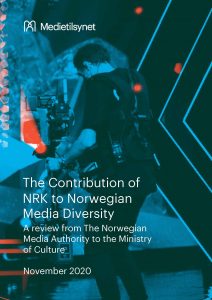
“In a report published on 29 November 2021, the Norwegian Media Authority (NMA) concludes that the public service media provider NRK contributes positively to media diversity and to the overall offer to the public by fulfilling its public service broadcasting remit and by working with other actors in the Norwegian media market. A detailed summary of the report is now available in English.
The objective of the report, commissioned by the Ministry of Culture, was to identify how NRK contributes to diversity of content and exposure, whether it fulfils its duty to cover thematic and geographic blind spots and how the competitive effects of its activities impact on the media market. on online news and current affairs.
The review is based on the analysis of quantitative and qualitative data and studies from a wide range of sources including NRK, public authorities, consultants and academic researchers and takes into consideration input from the media industry.”
[Text sourced from the European platform of regulatory authorities]
Changing Newsrooms 2021
REPORT
Changing Newsrooms 2021
Hybrid Working and Improving Diversity Remain Twin Challenges for Publishers
Reuters Institute for the Study of Journalism, Oxford University | Federica Cherubini, Nic Newman, and Rasmus Kleis Nielsen
Published: 2021
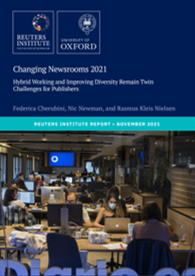
The return to the office is underway but with COVID-19 lingering in a number of countries, progress remains uneven and uncertain. Many will find newsrooms very different places to the ones they left. For some, the office has disappeared completely.
This report, which is based on a survey of 132 senior industry leaders from 42 countries as well as a series of in-depth interviews, makes clear that ‘hybrid working’ will soon be the norm for the vast majority of journalists in many news organisations – with some people in the office and others working remotely – and that the industry is still struggling with attracting talent and addressing lack of diversity.
[Text sourced from the RISJ]
